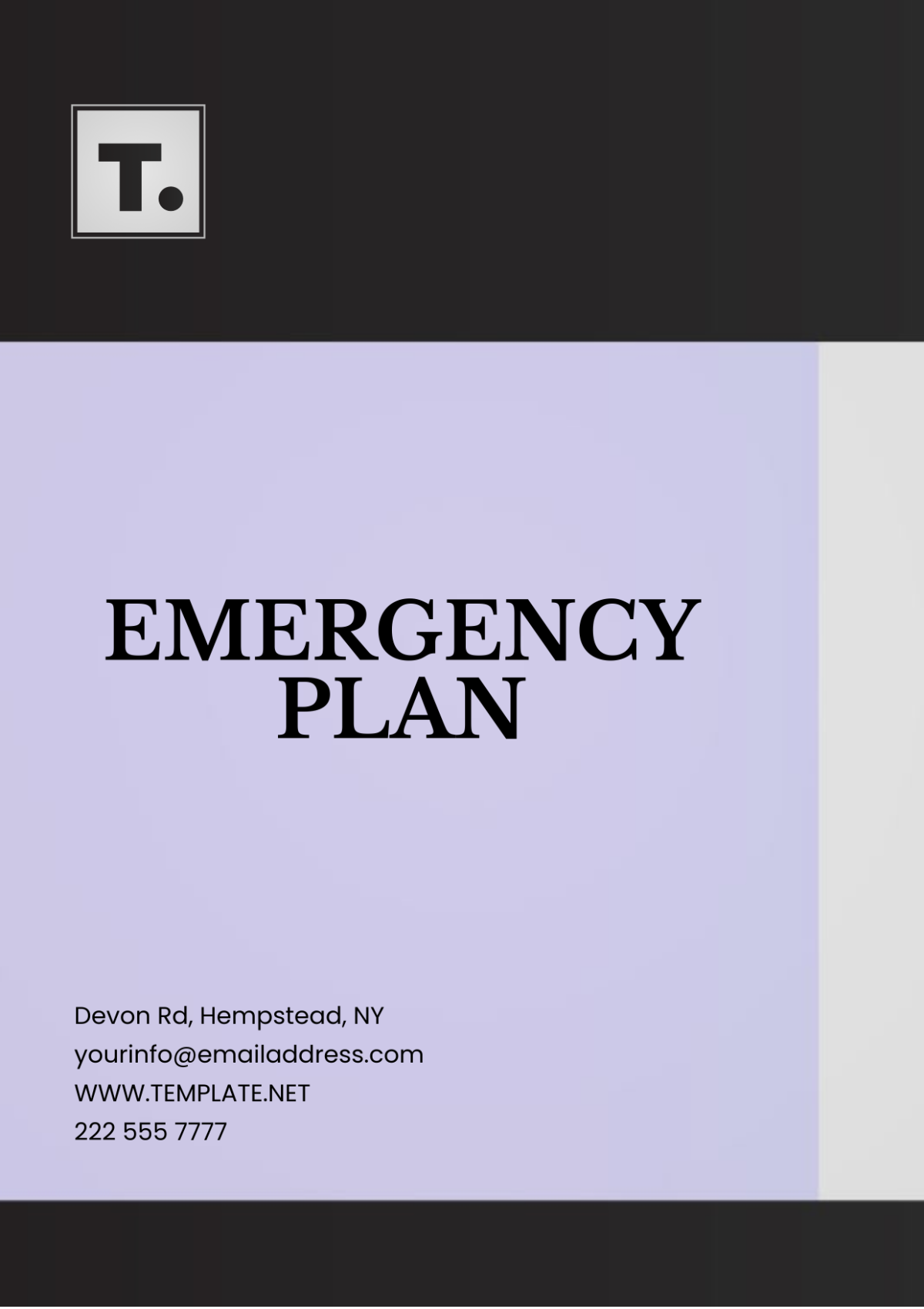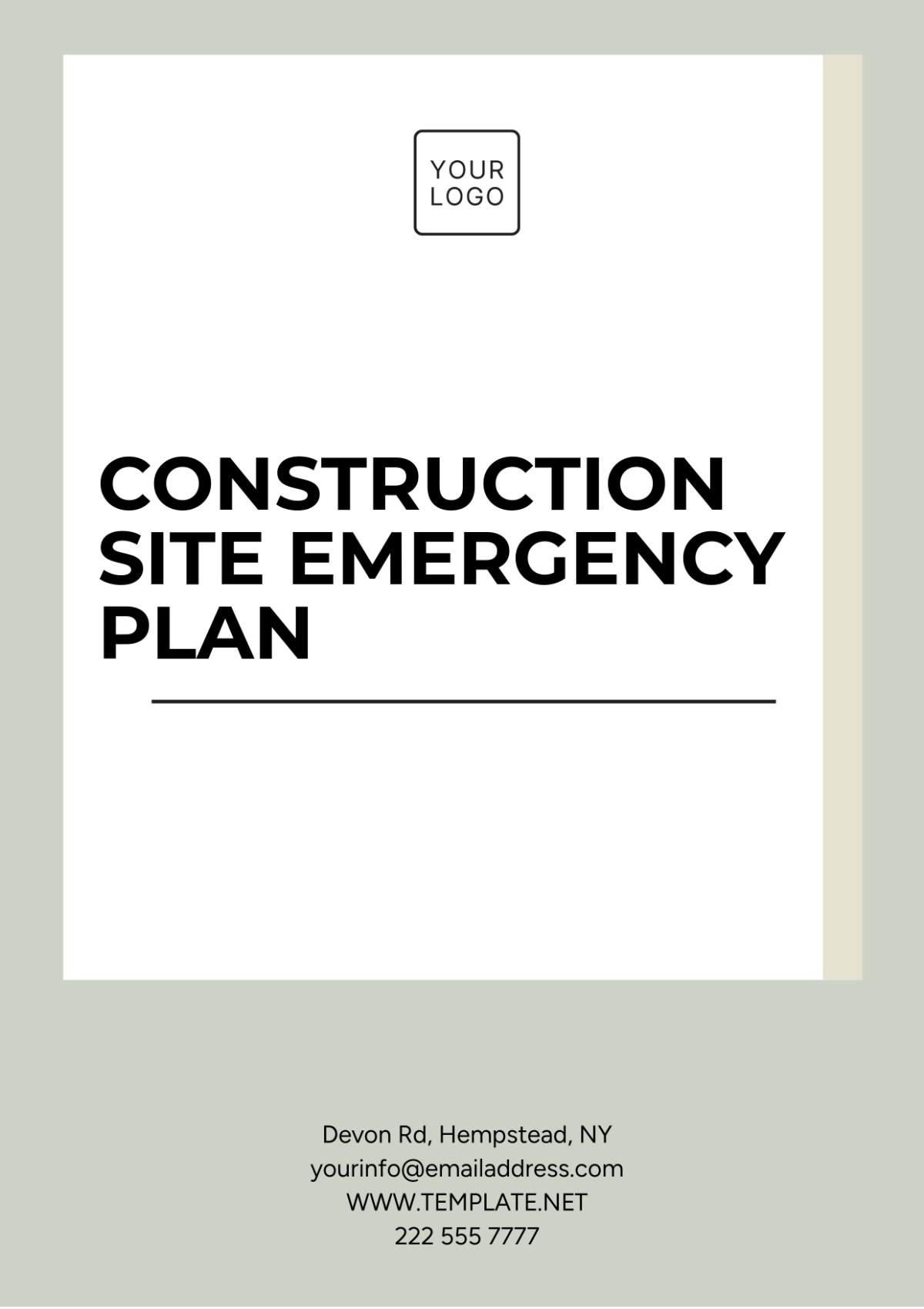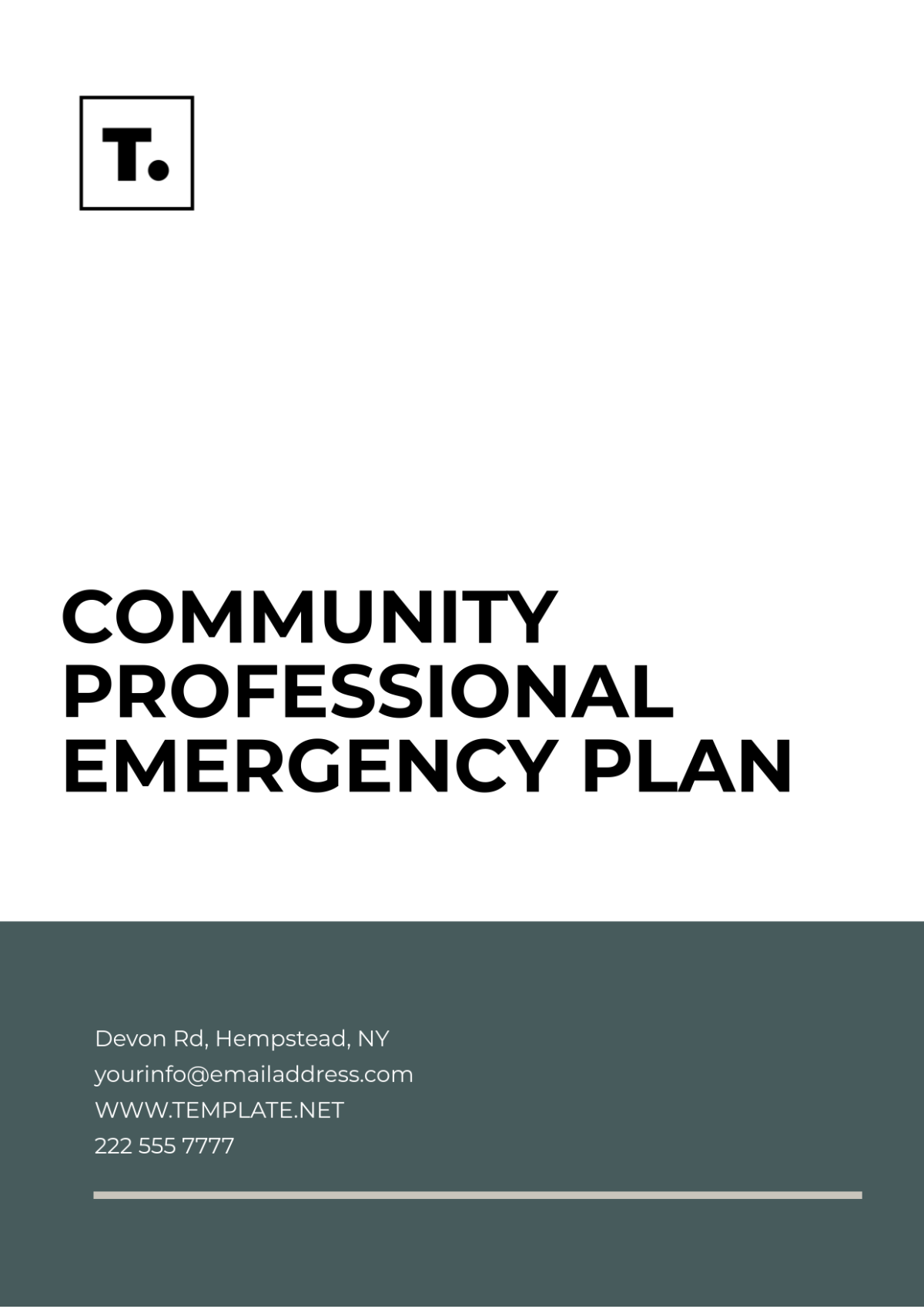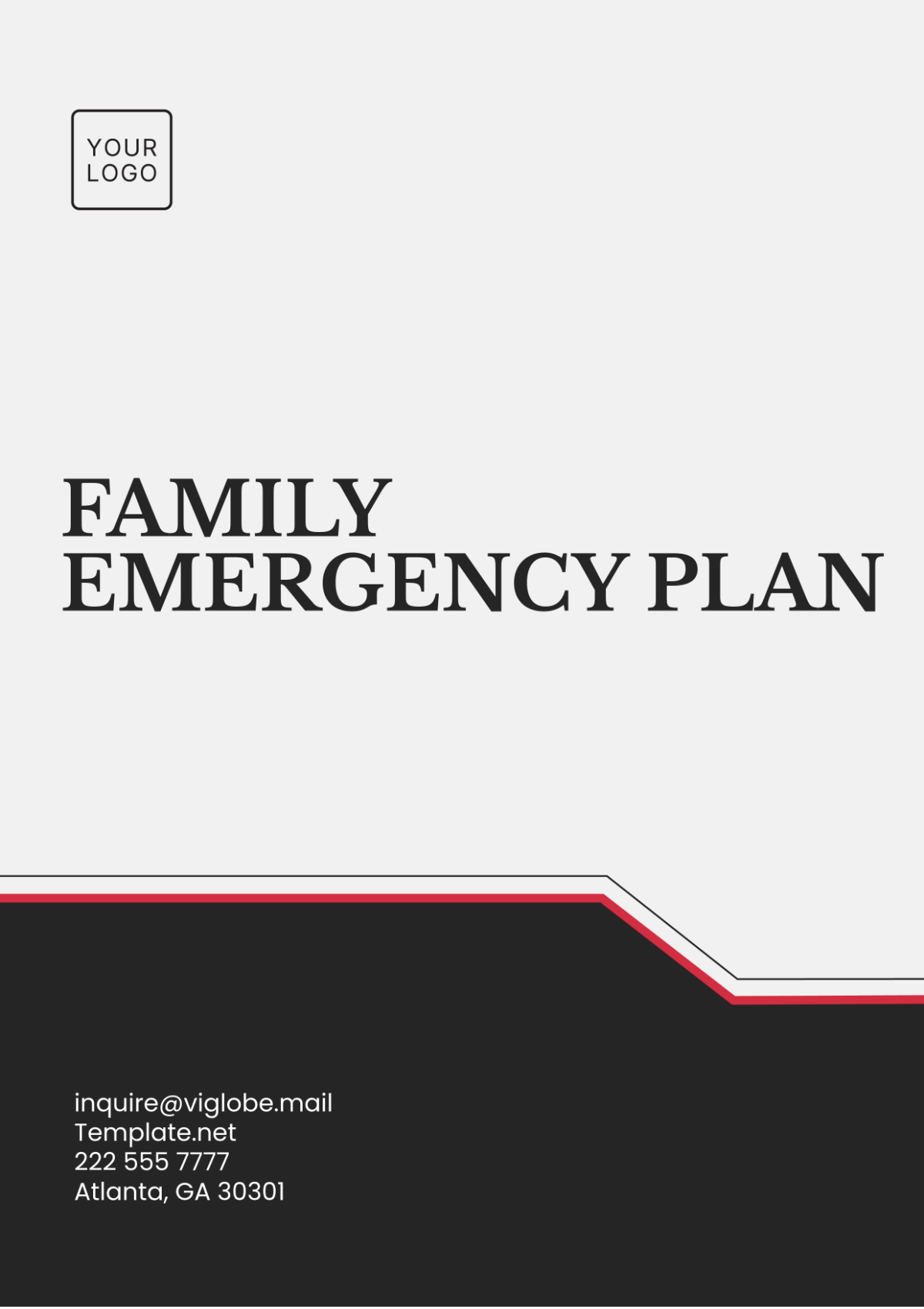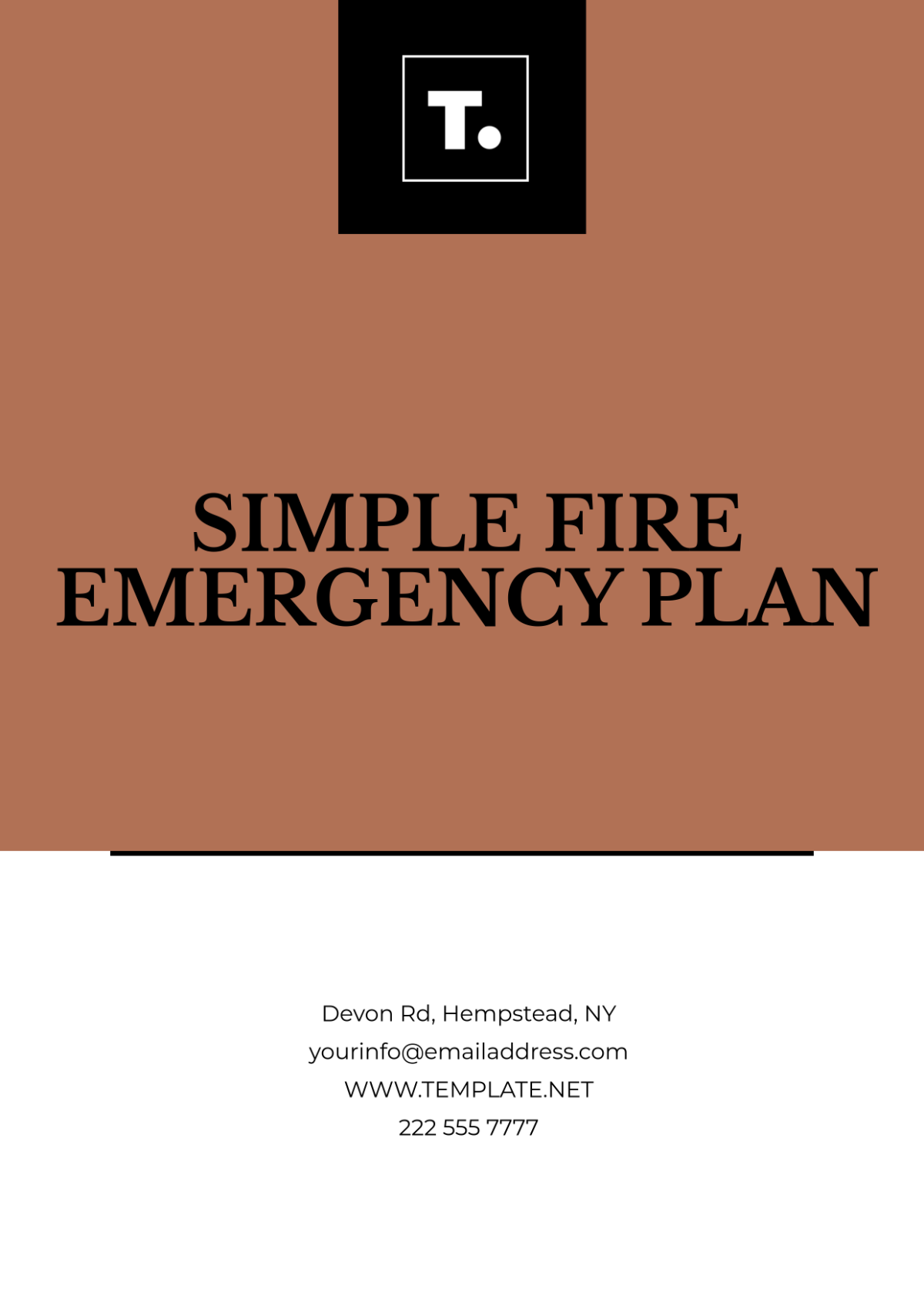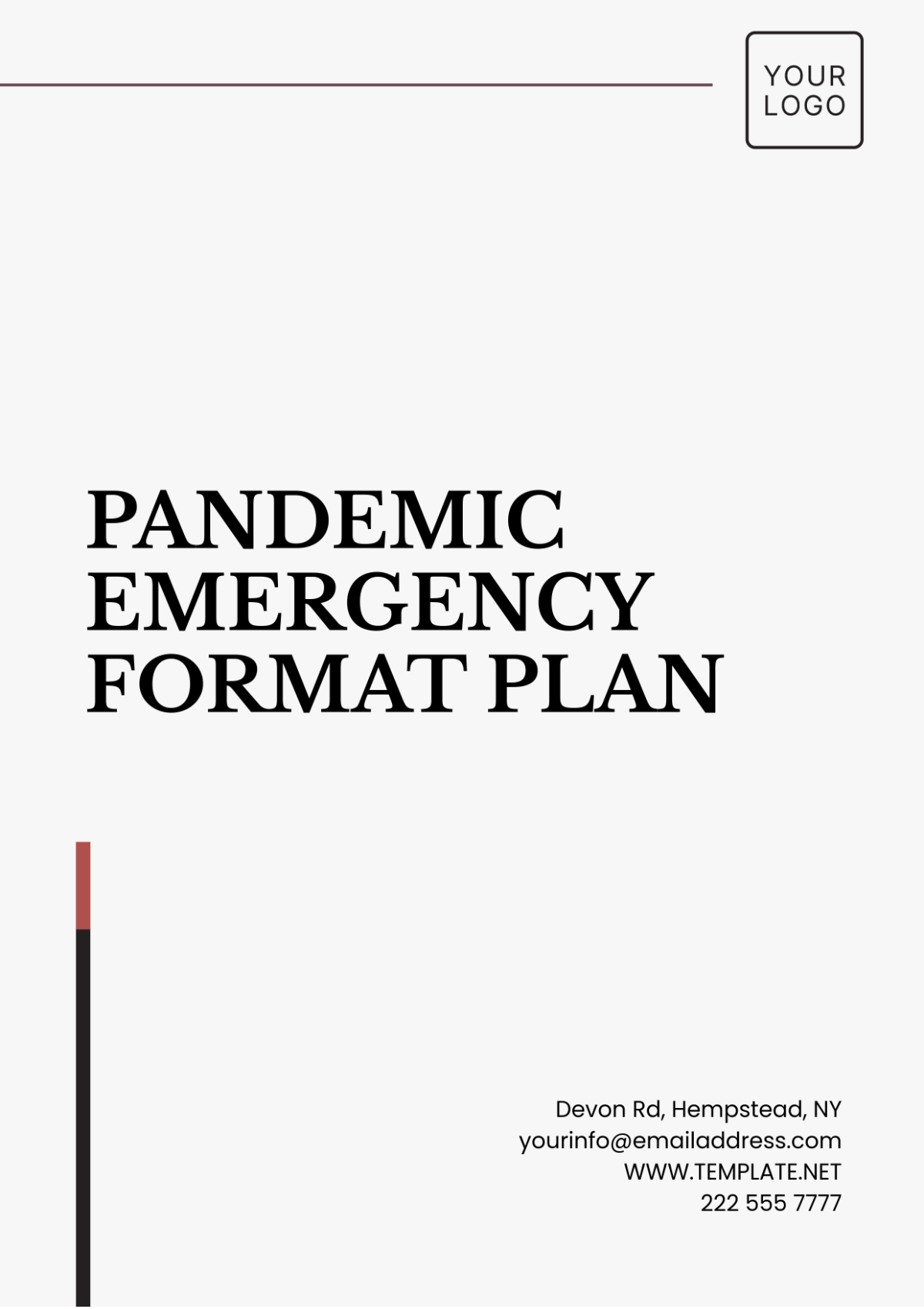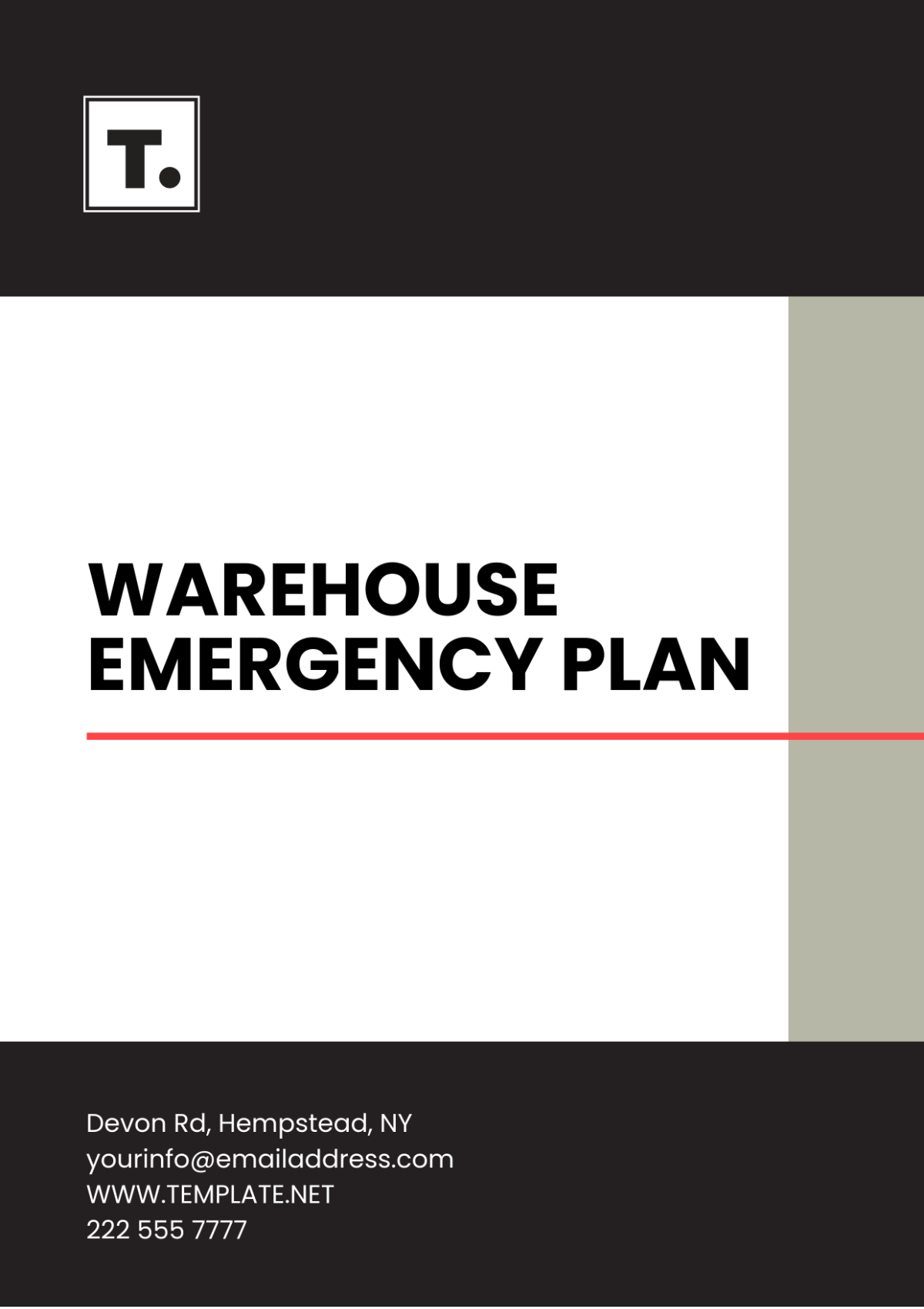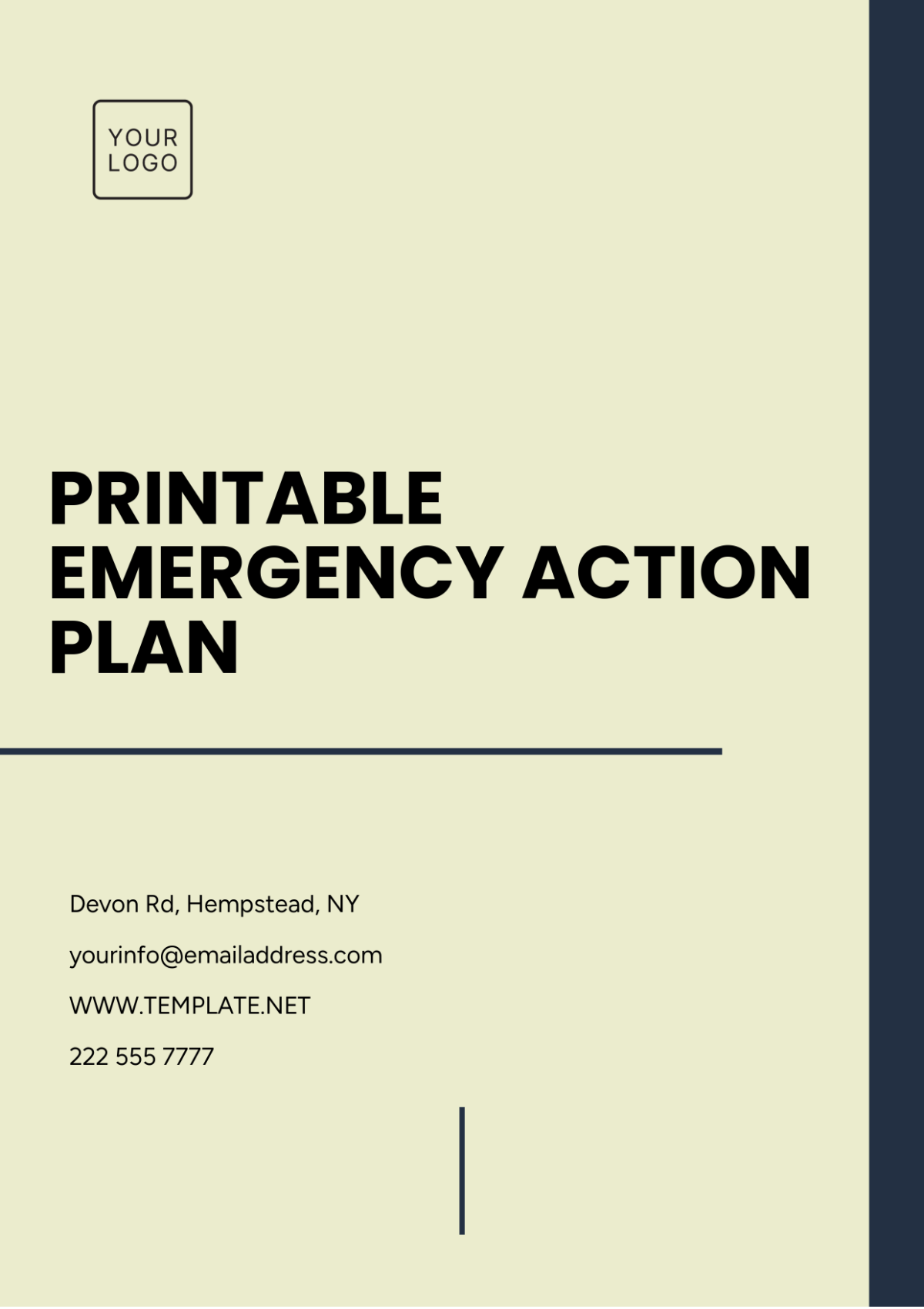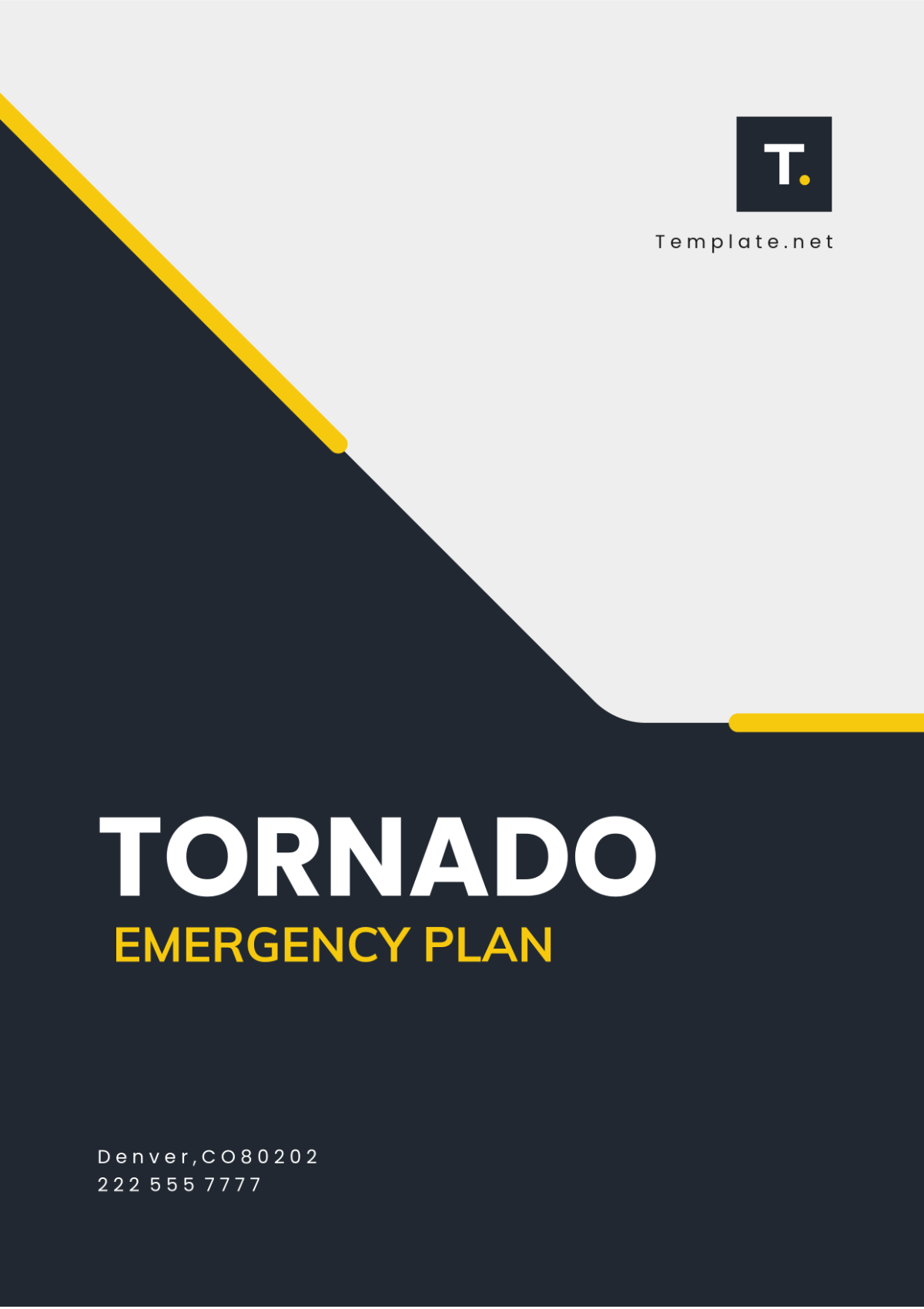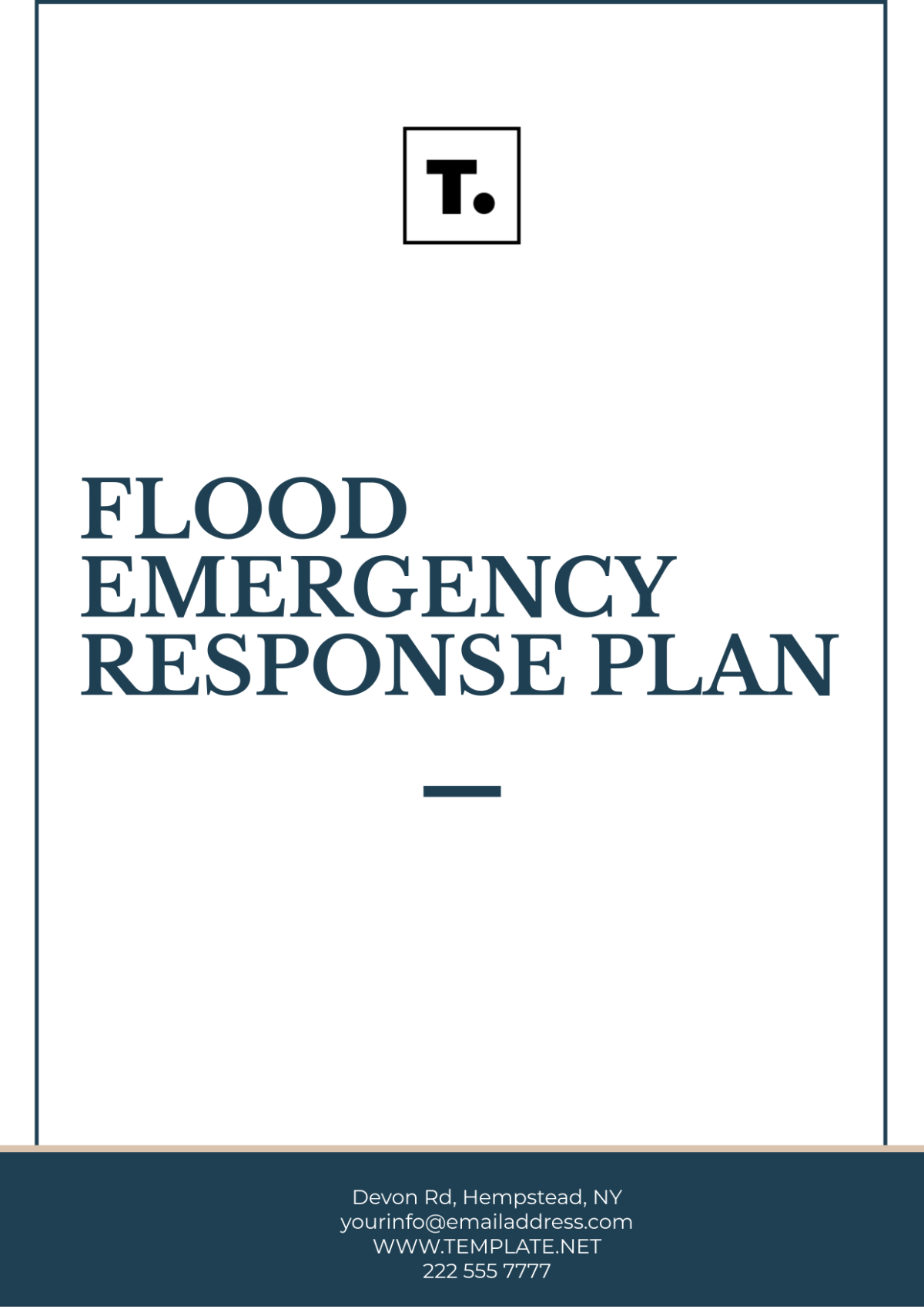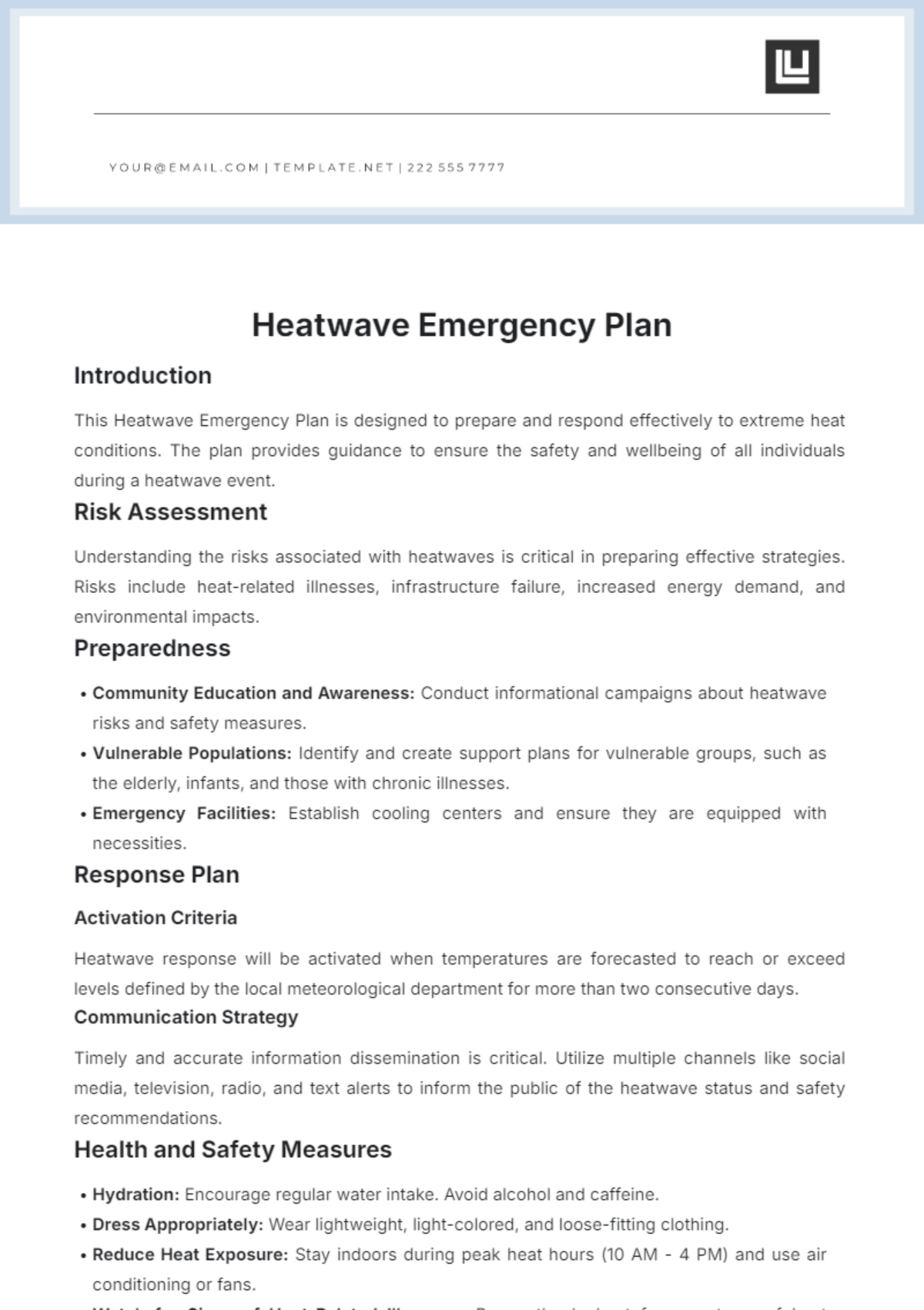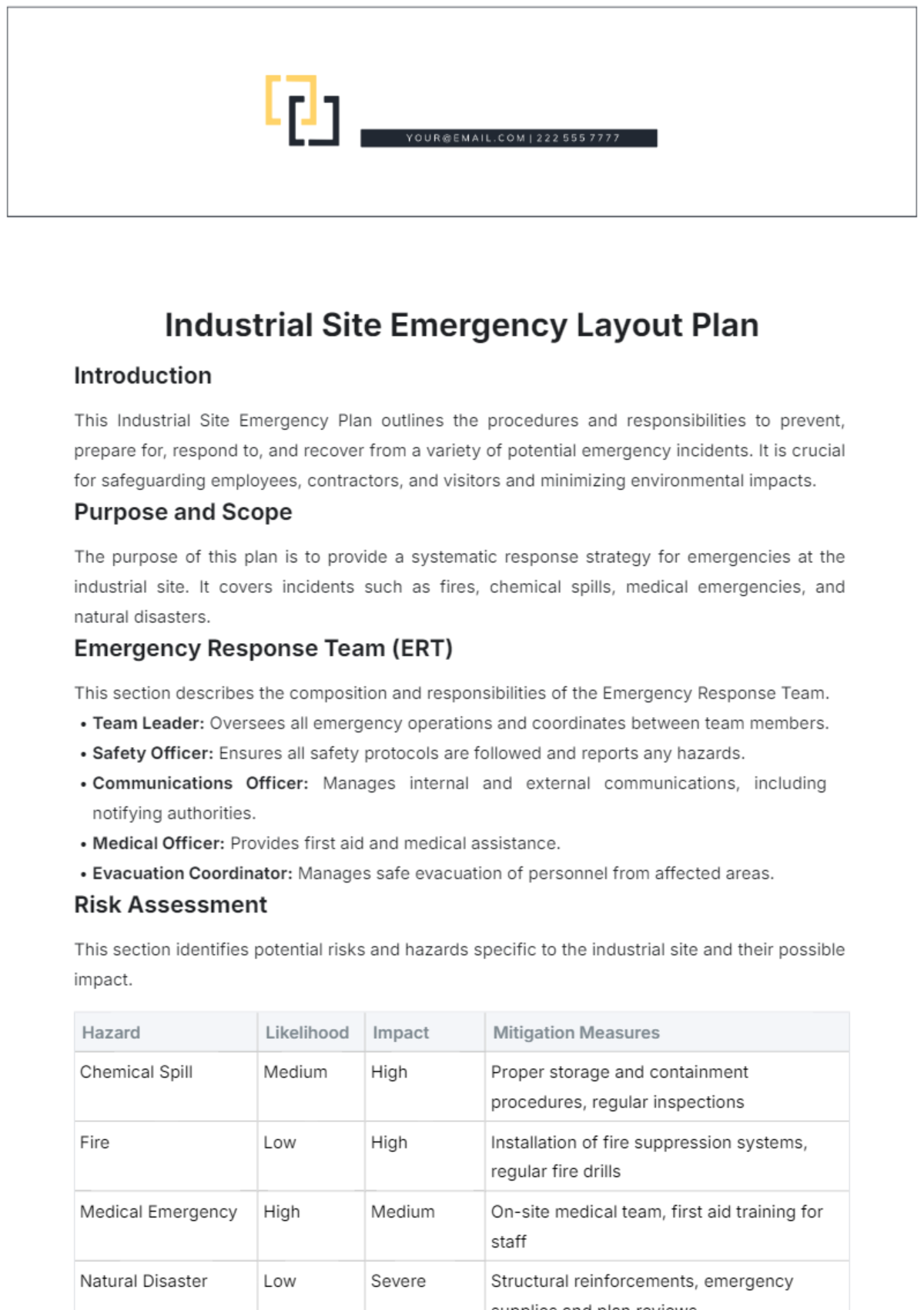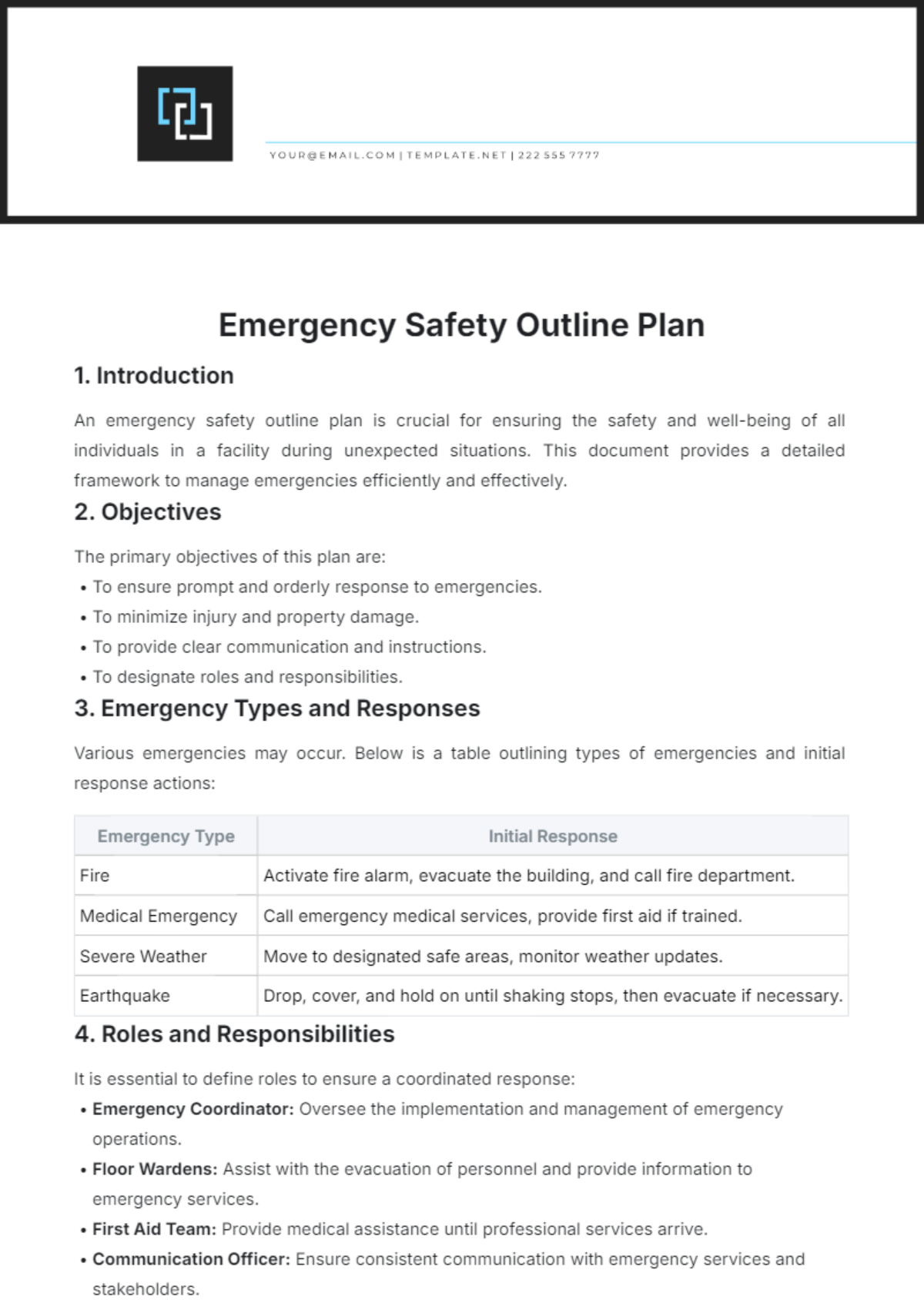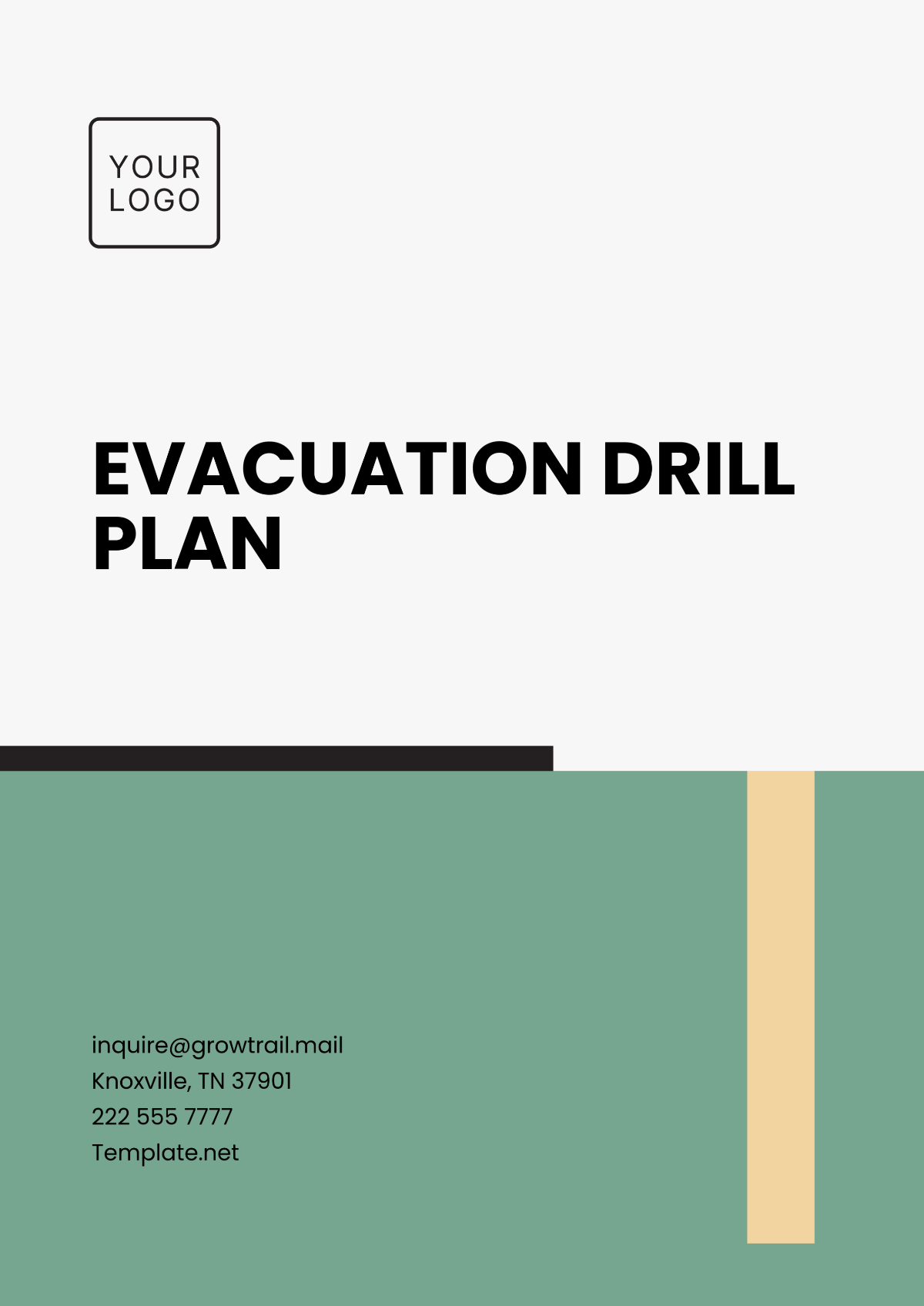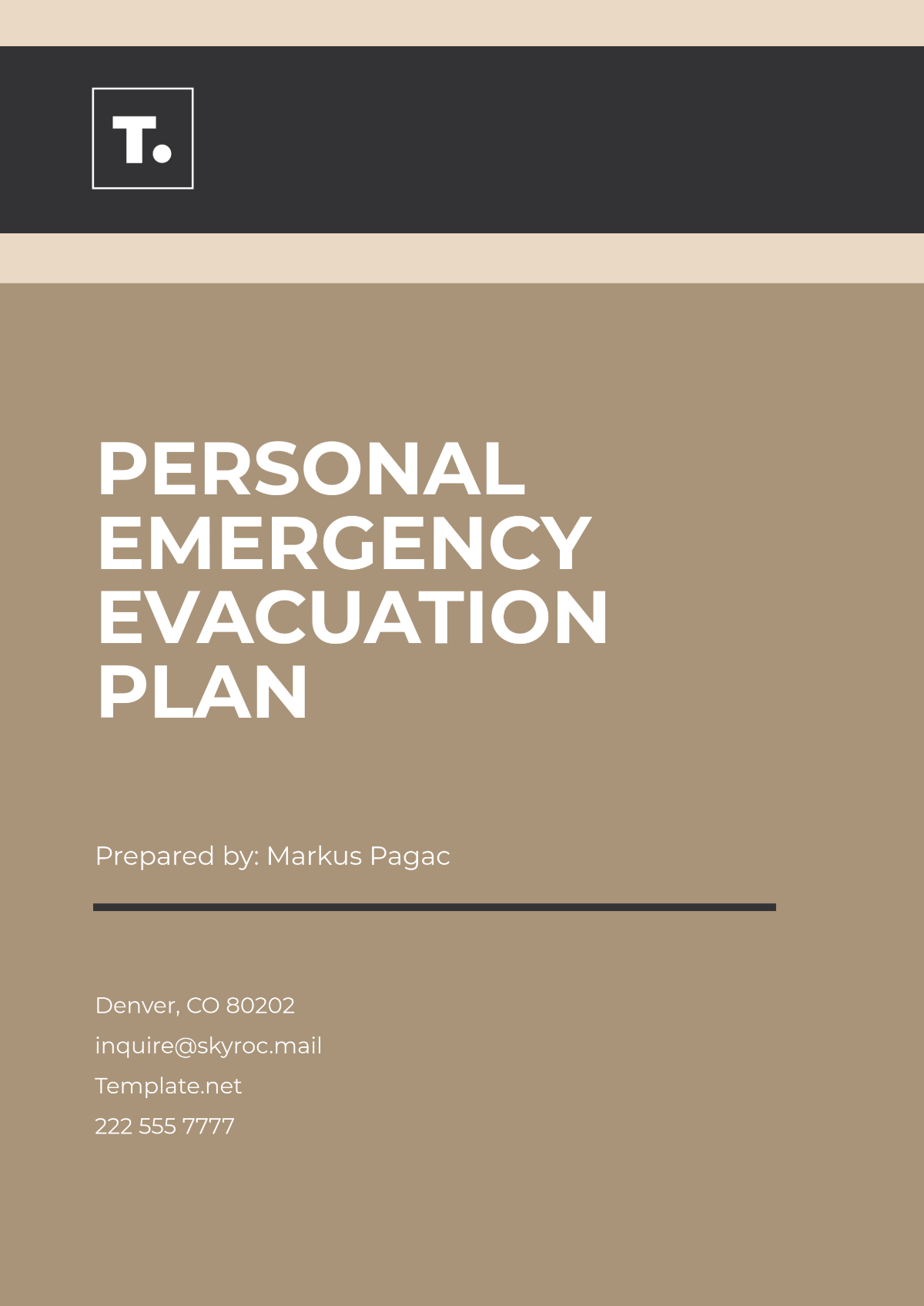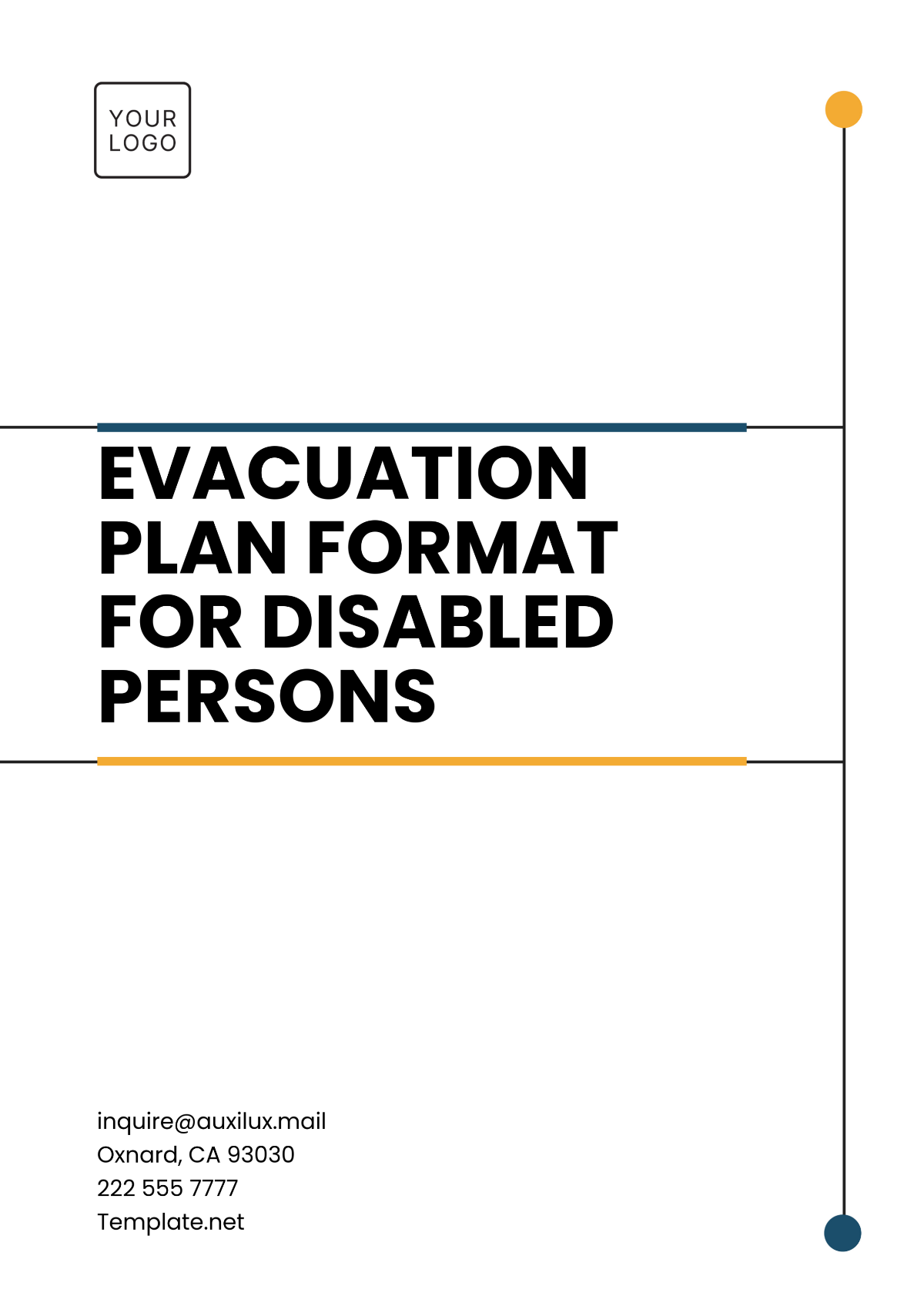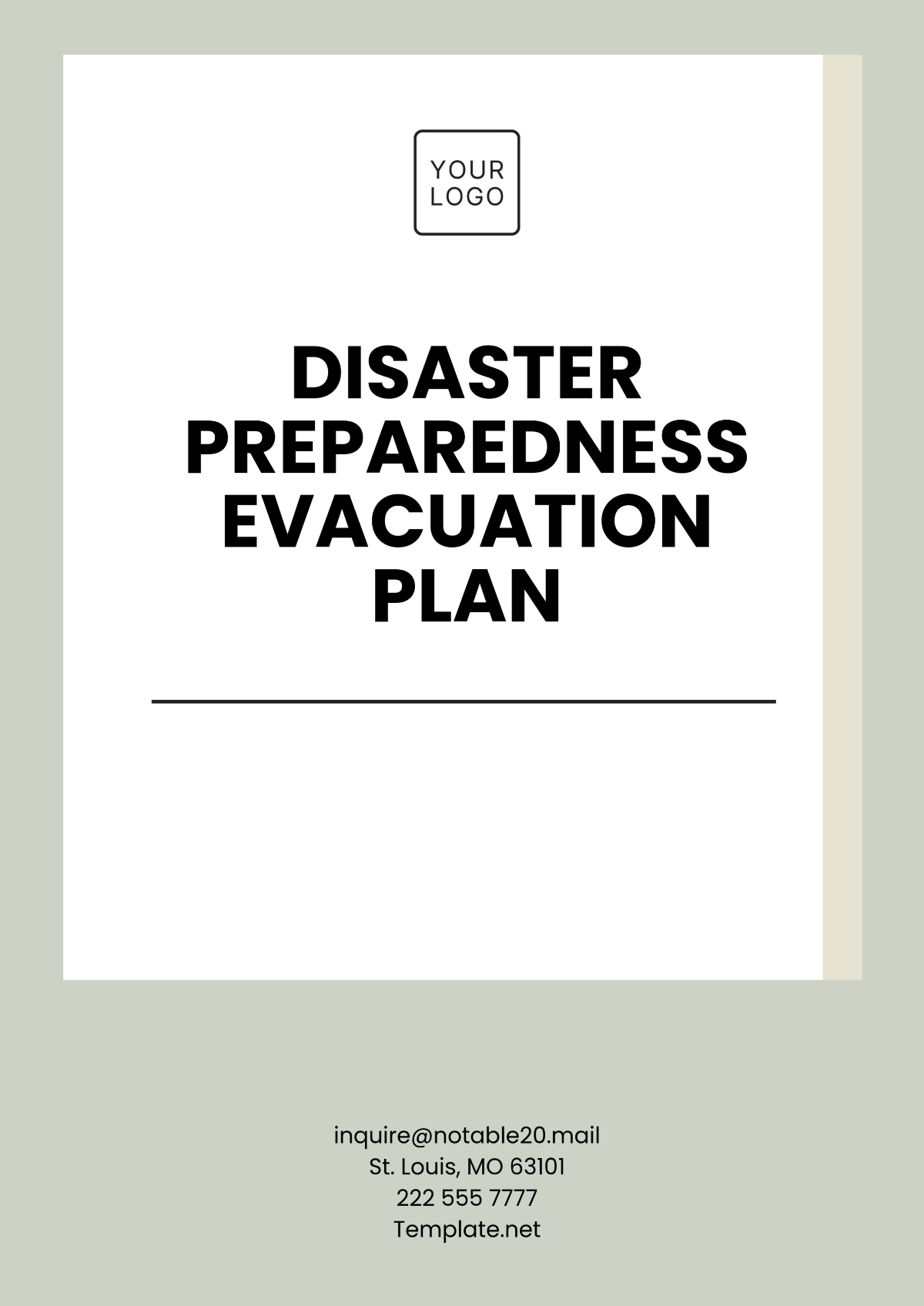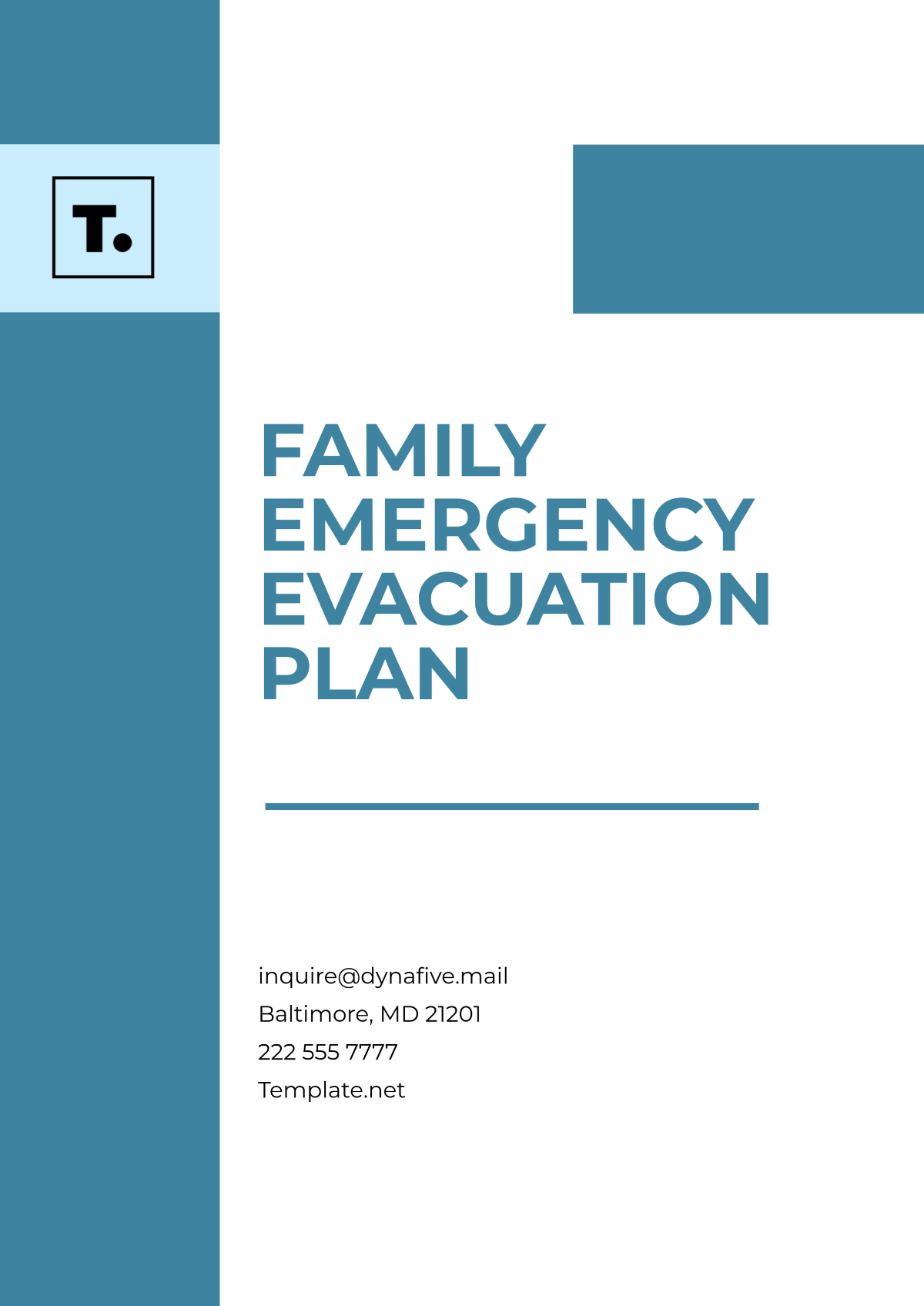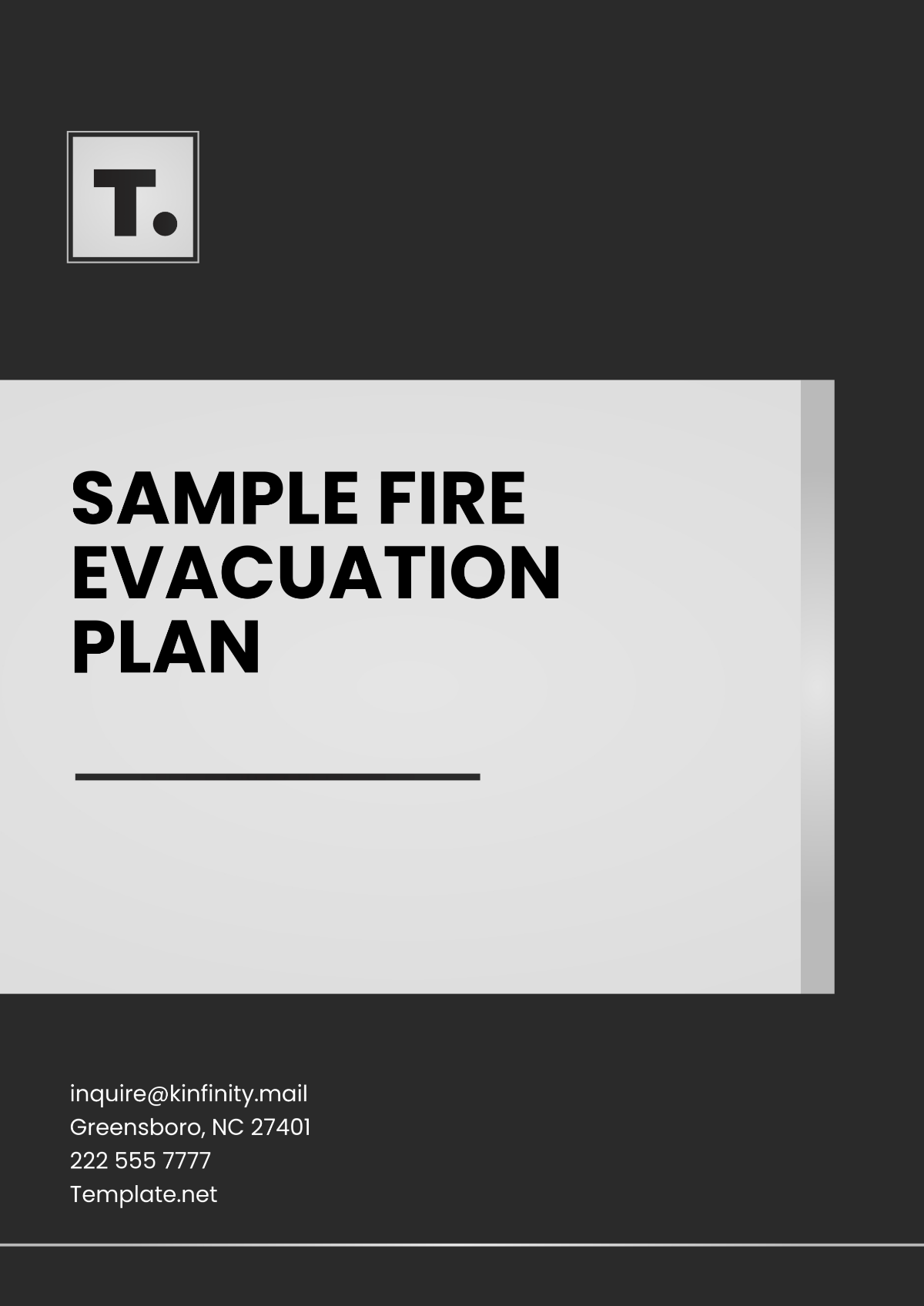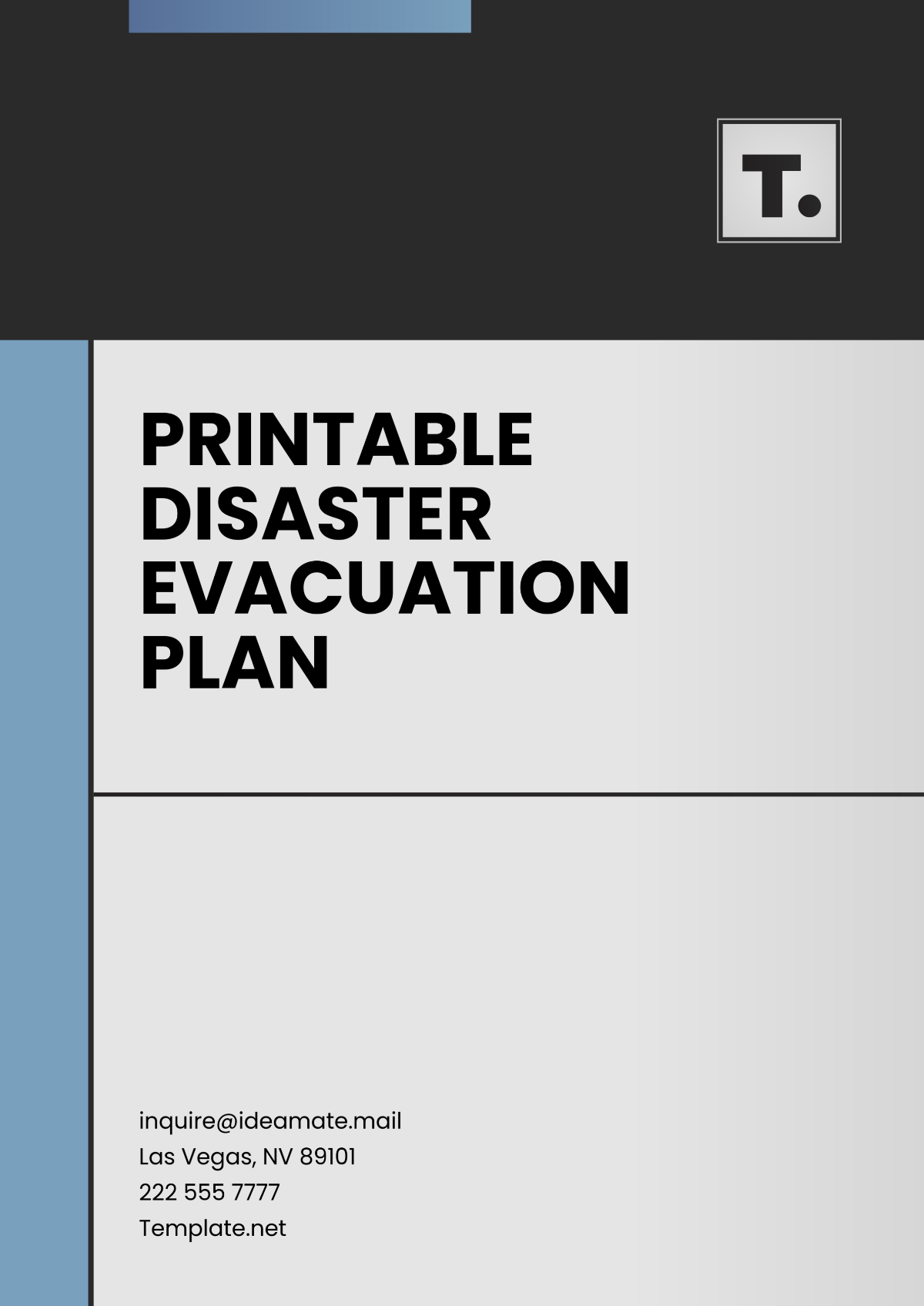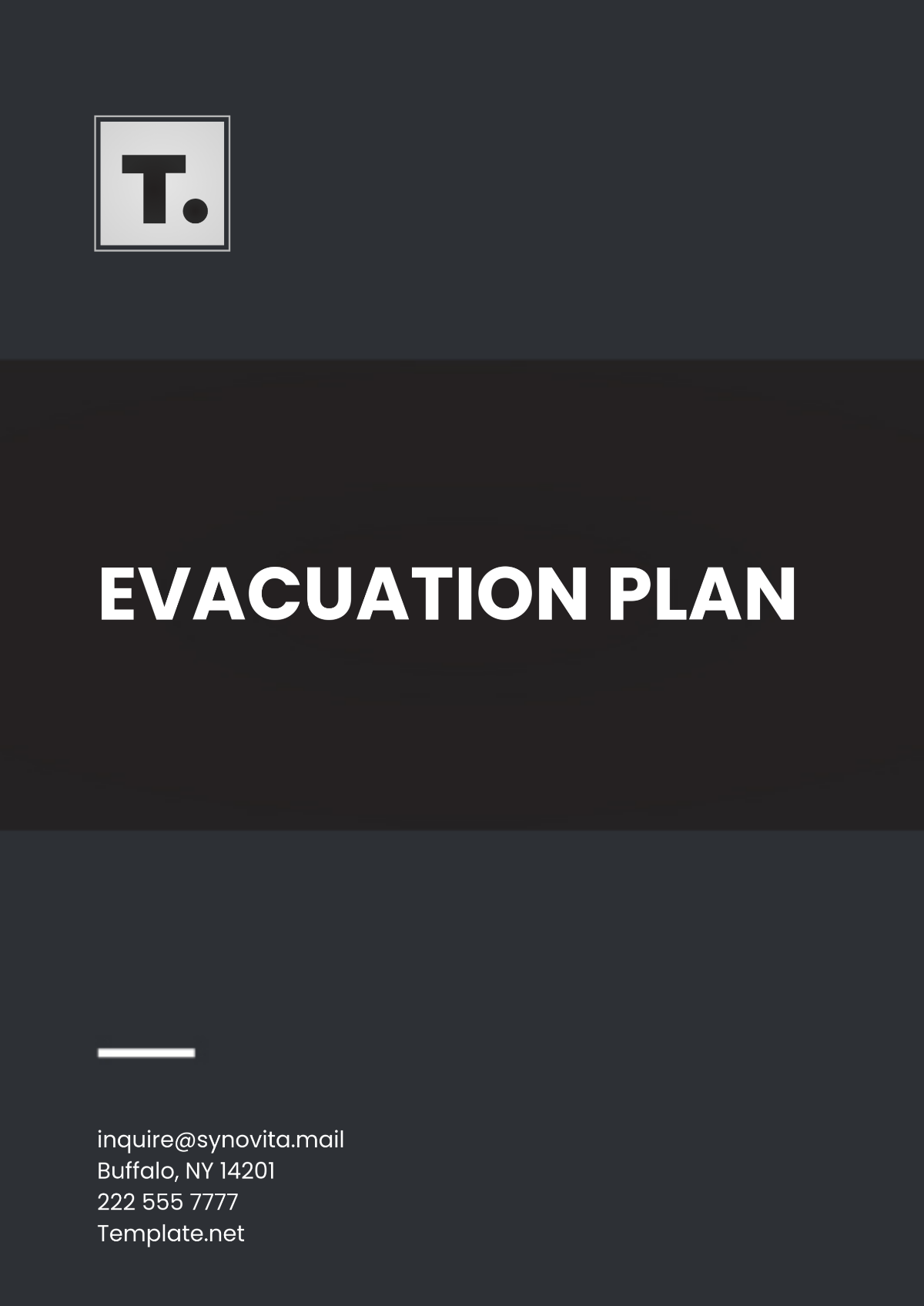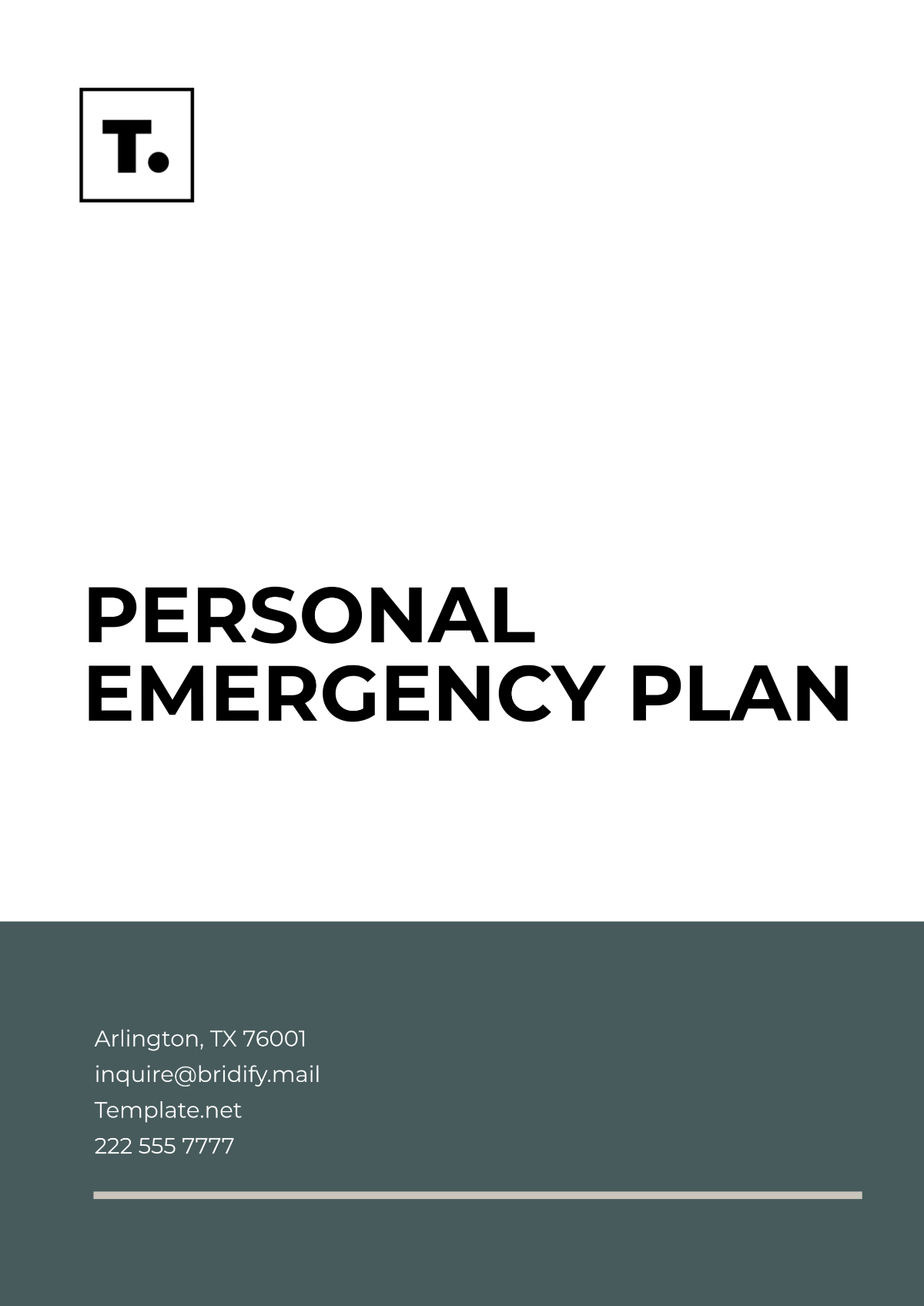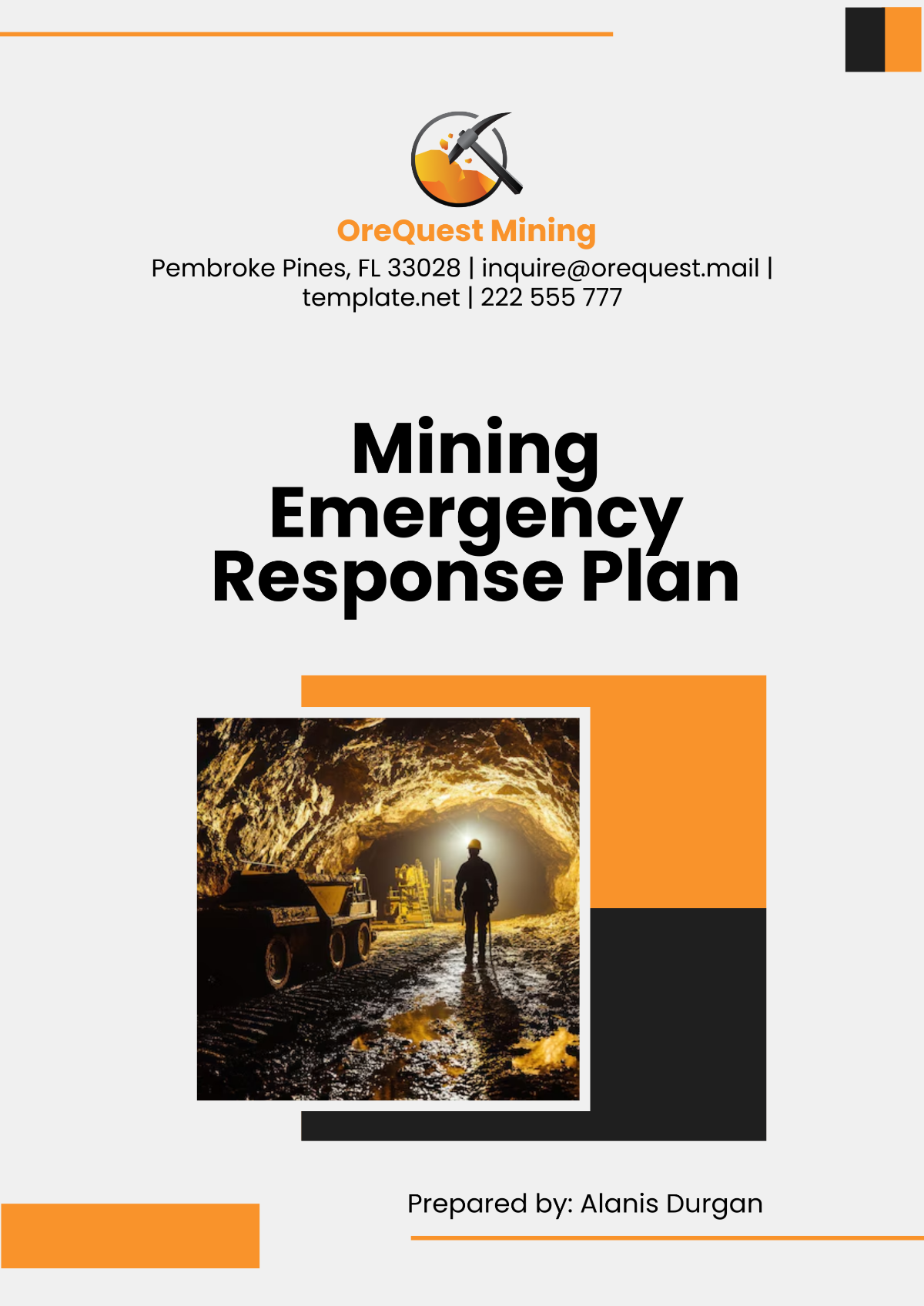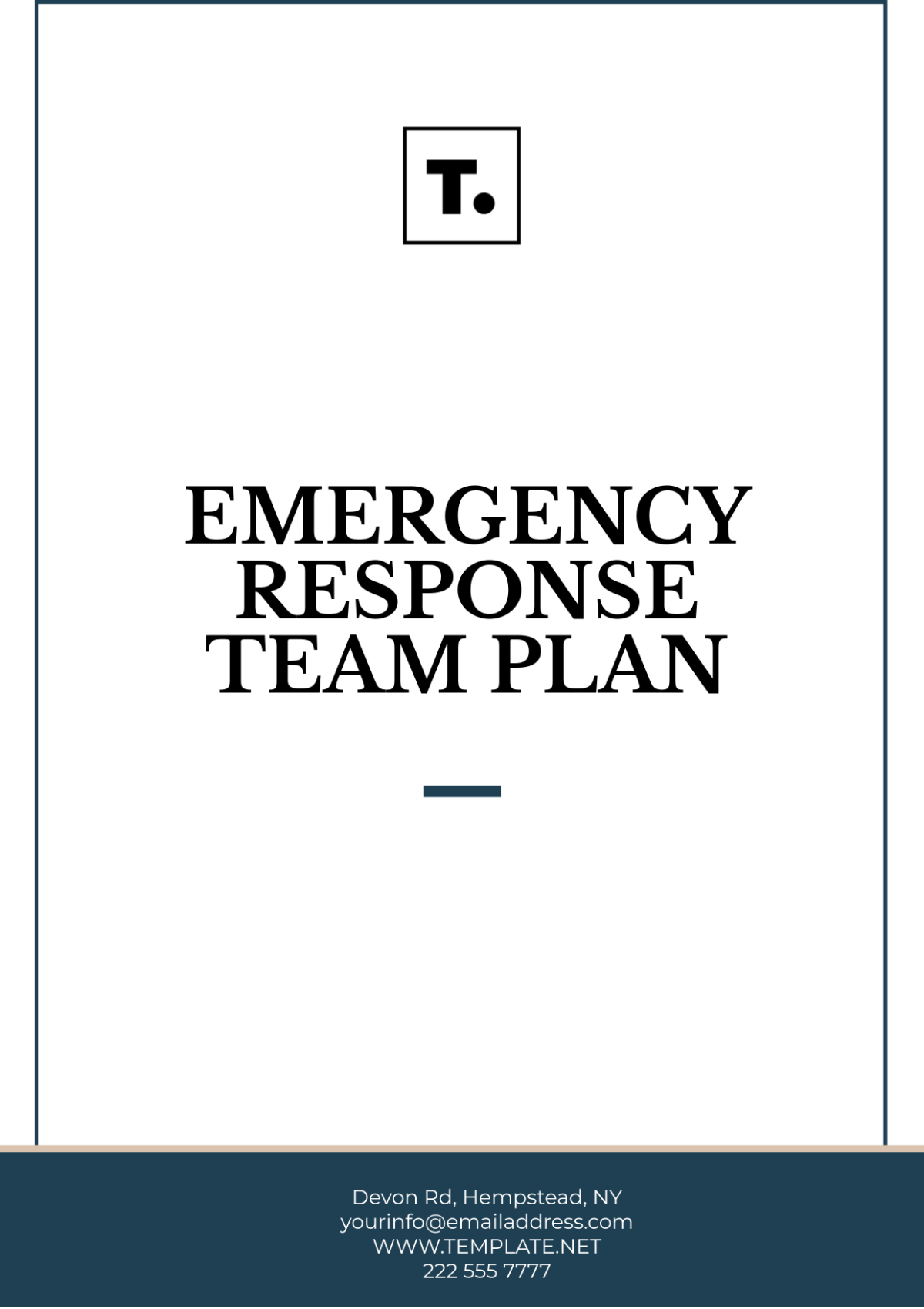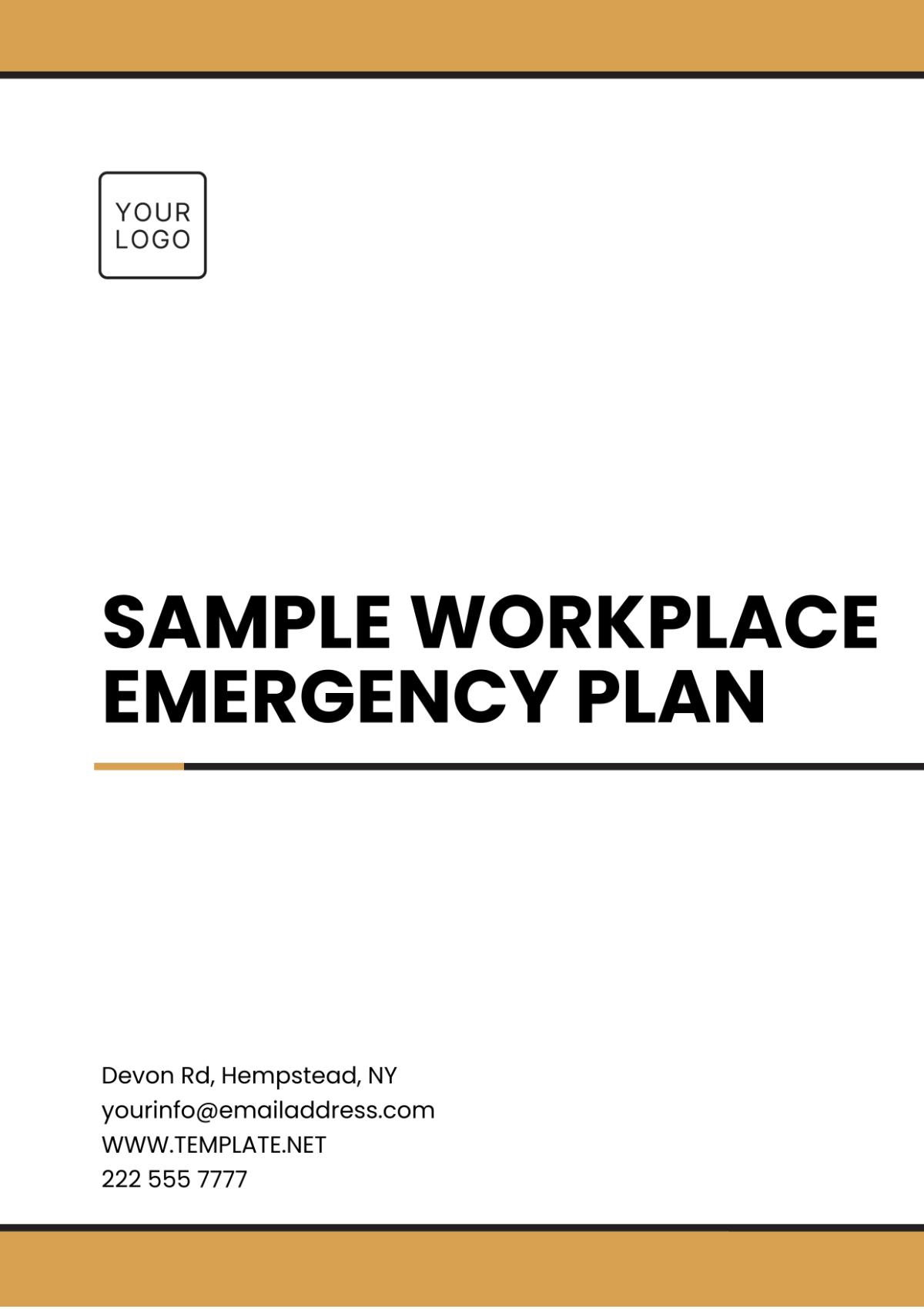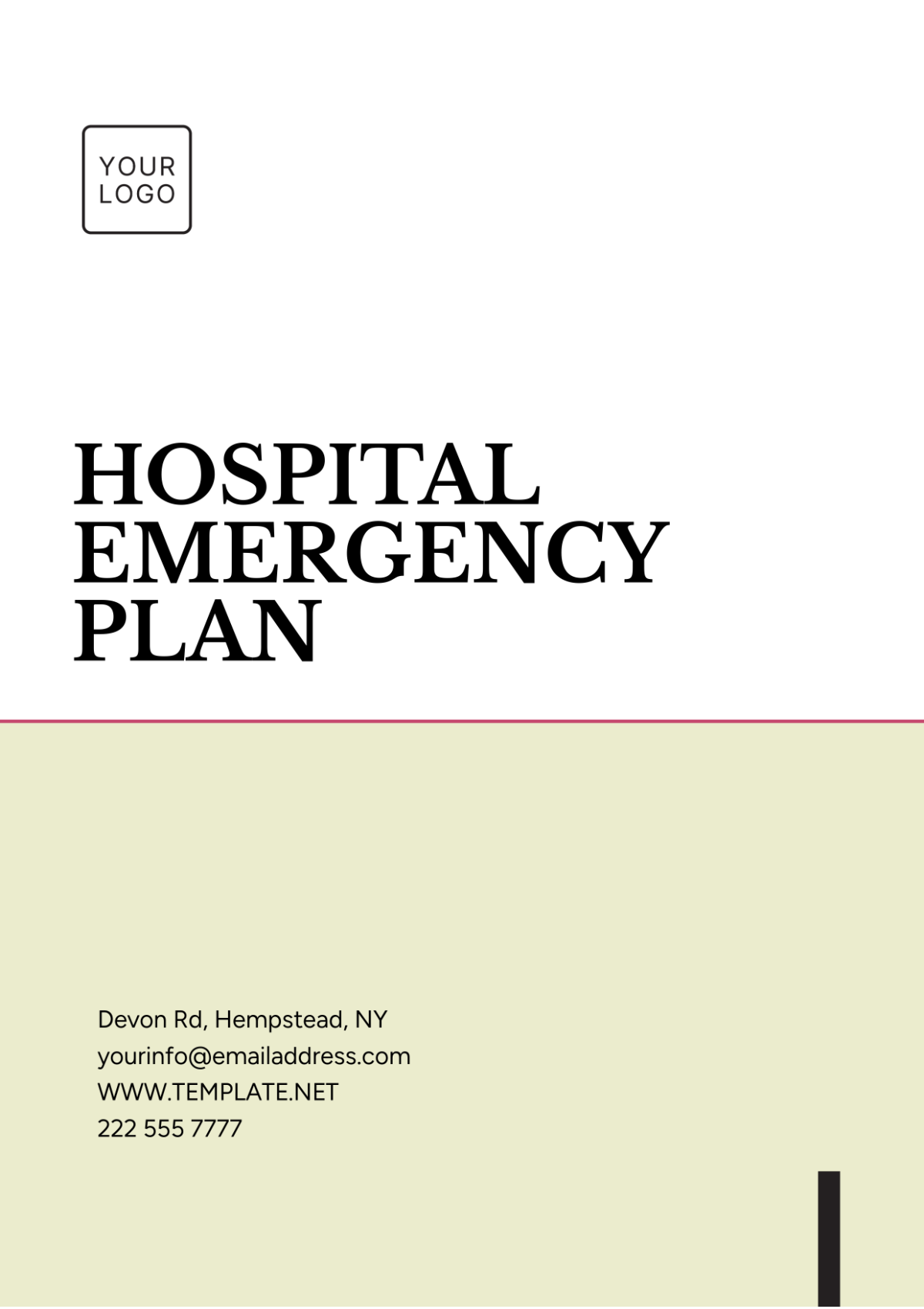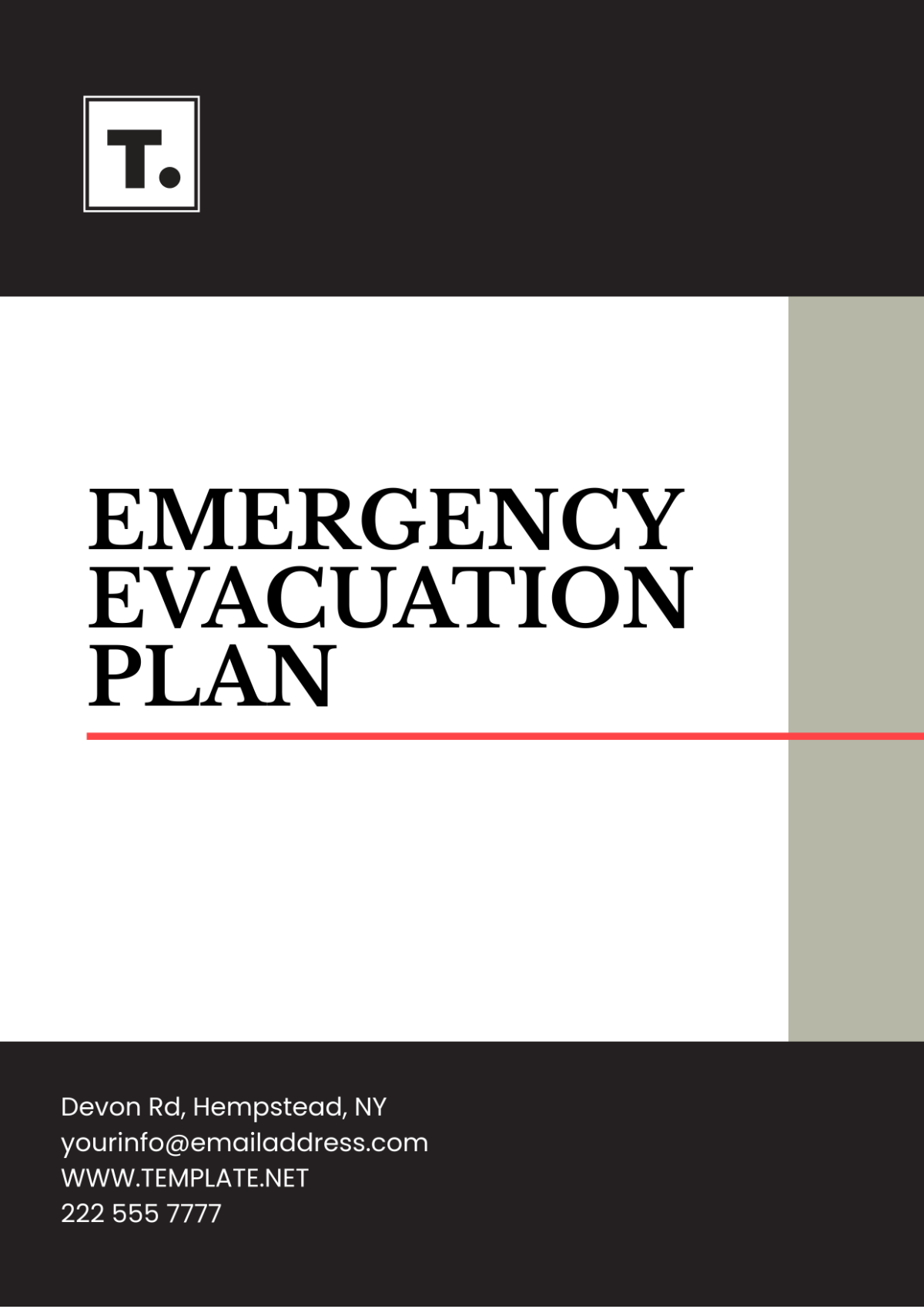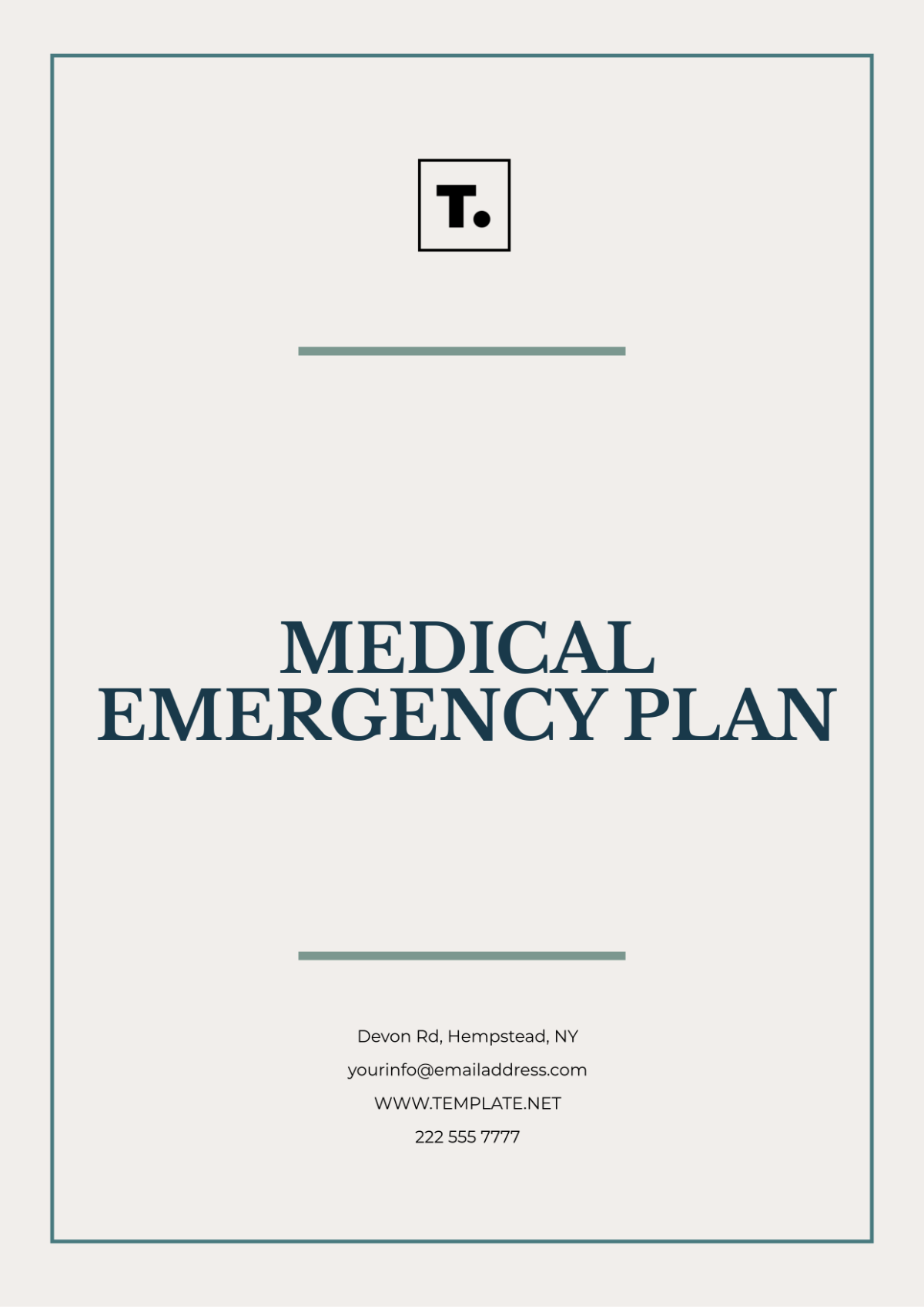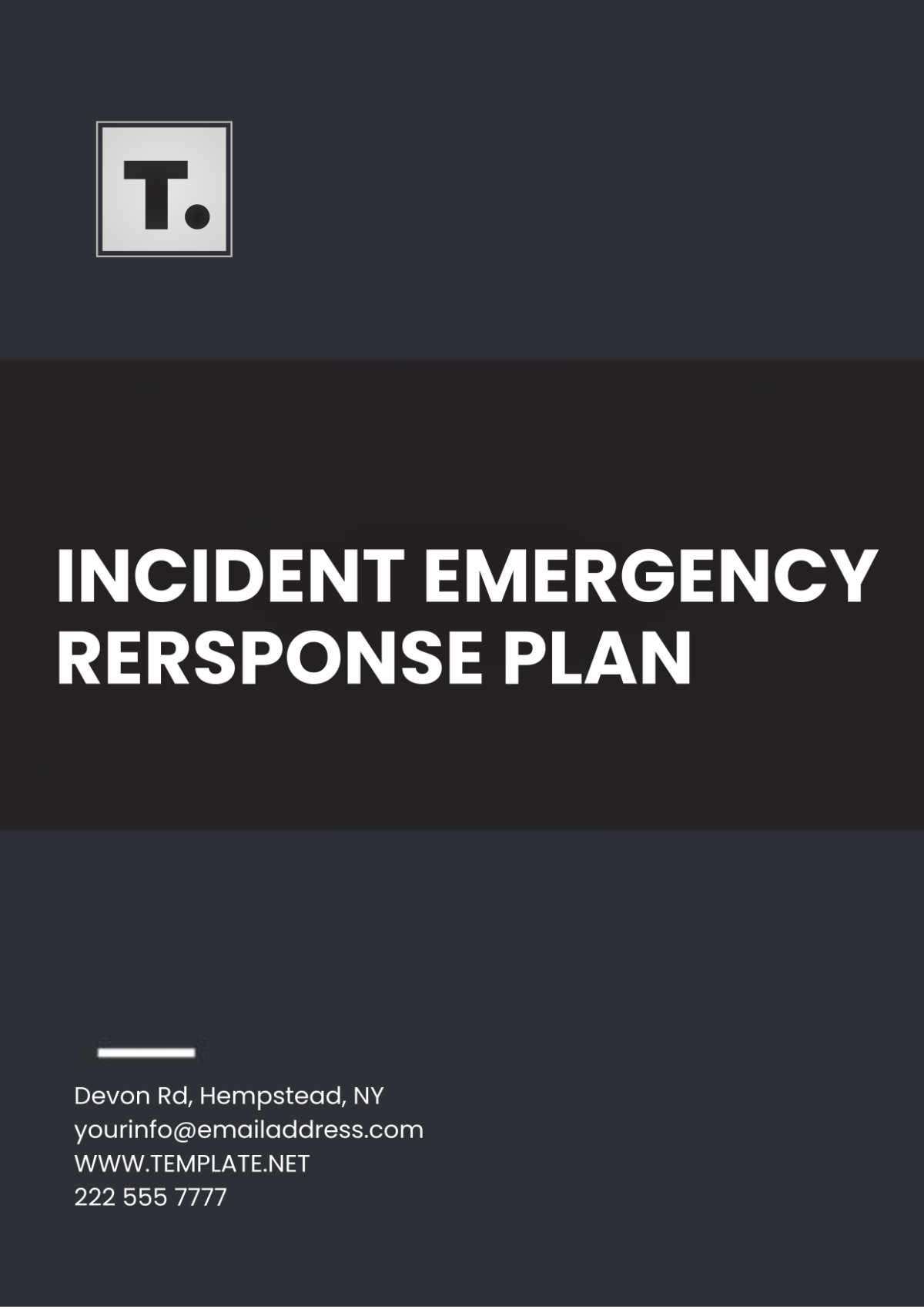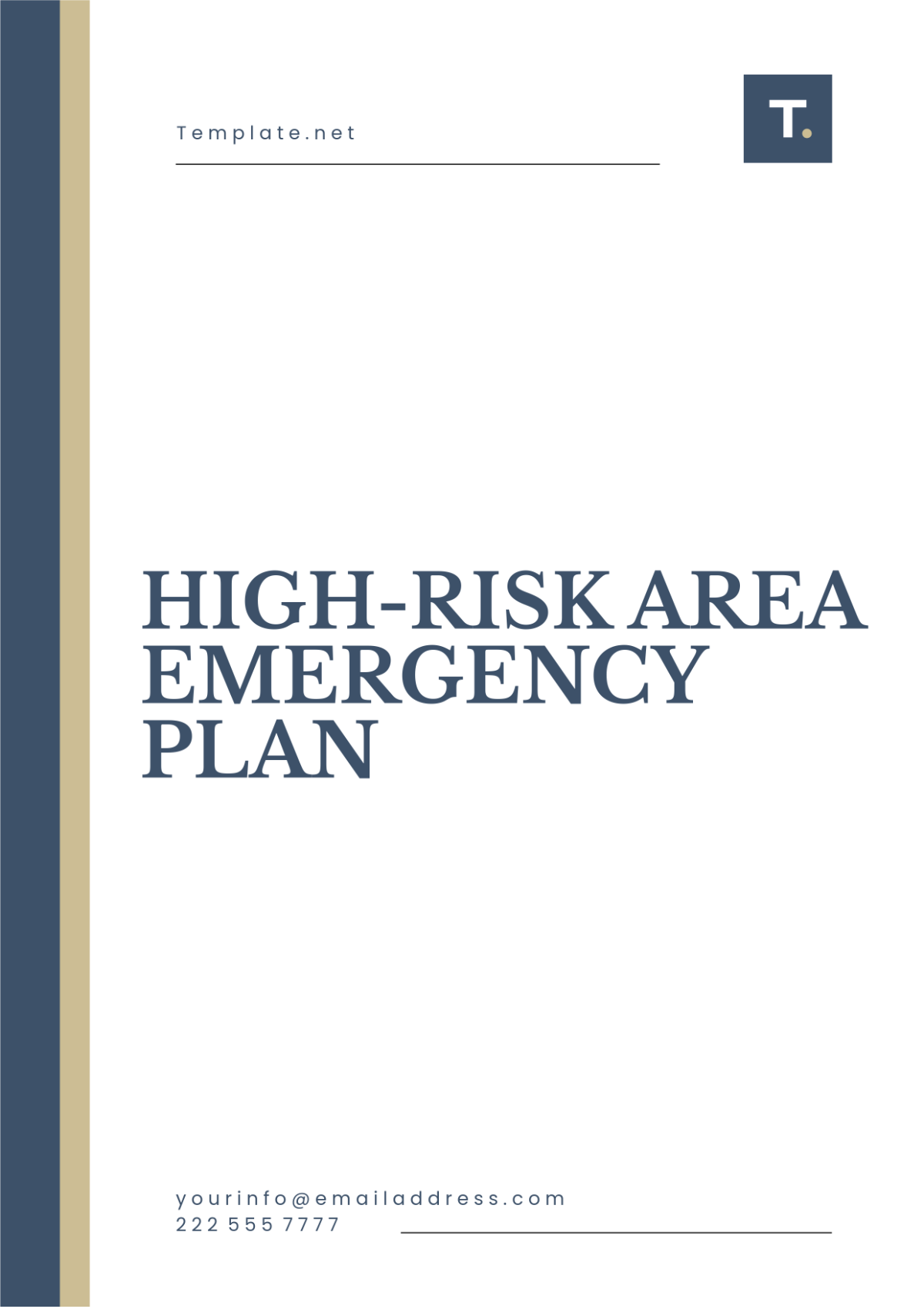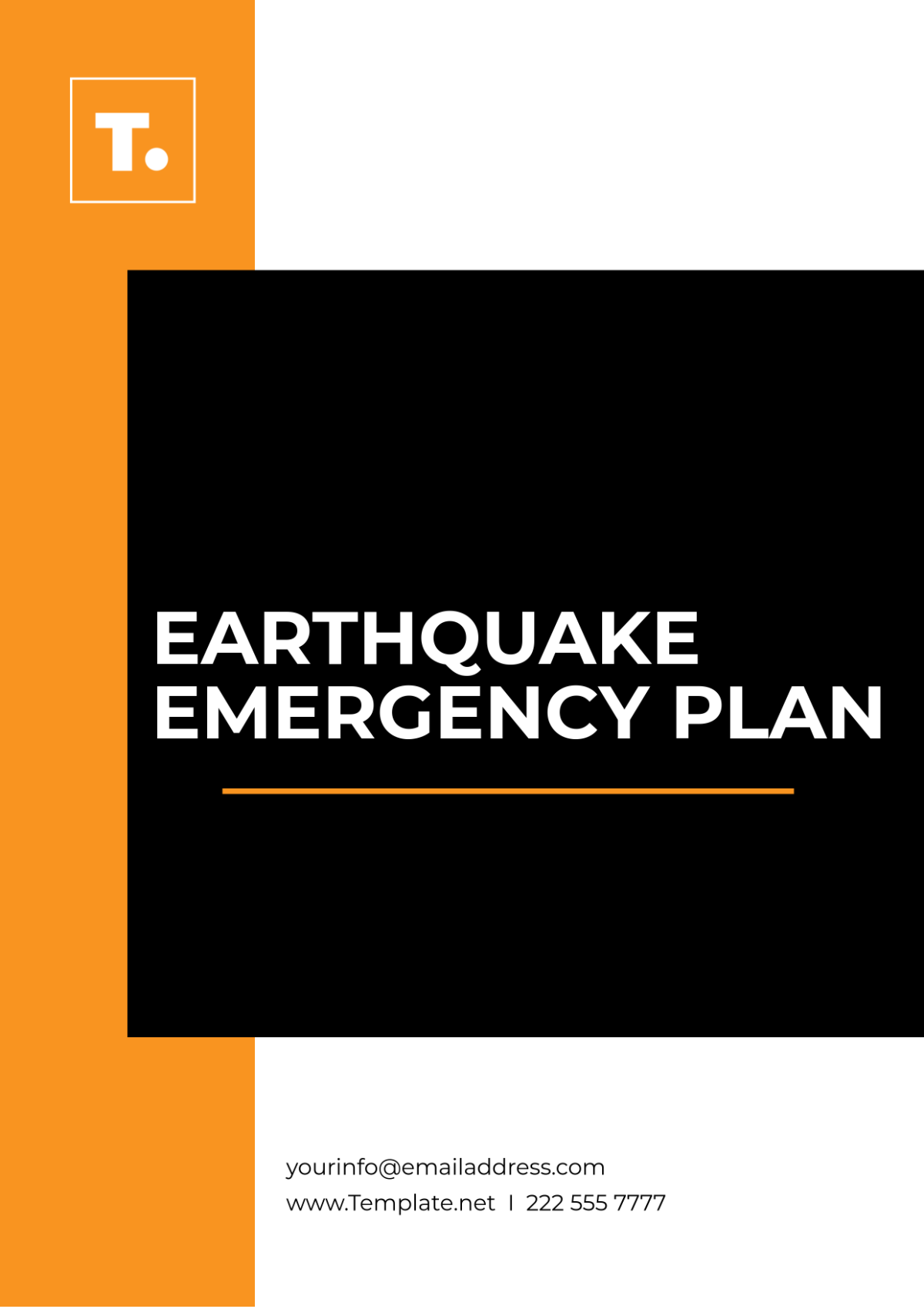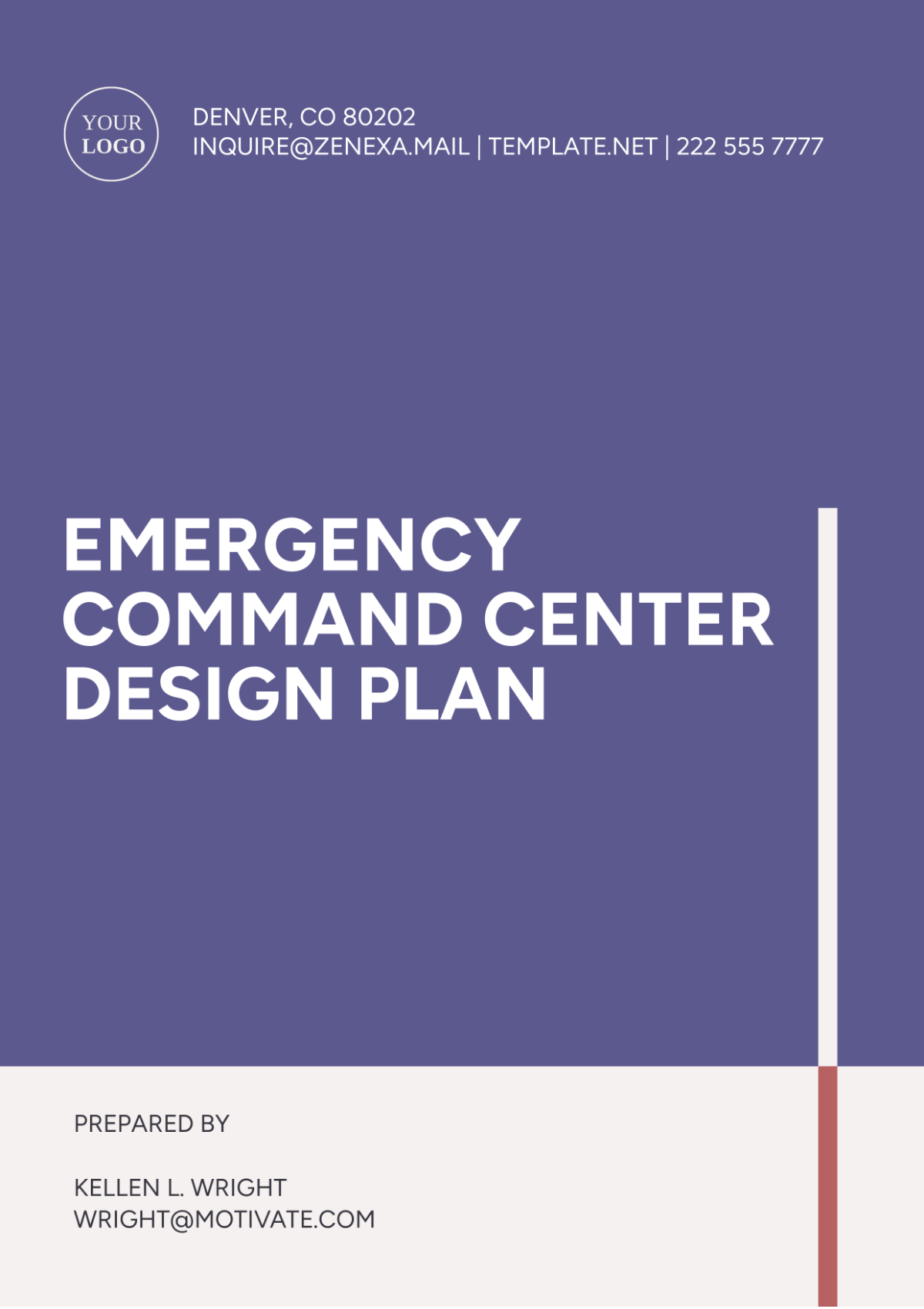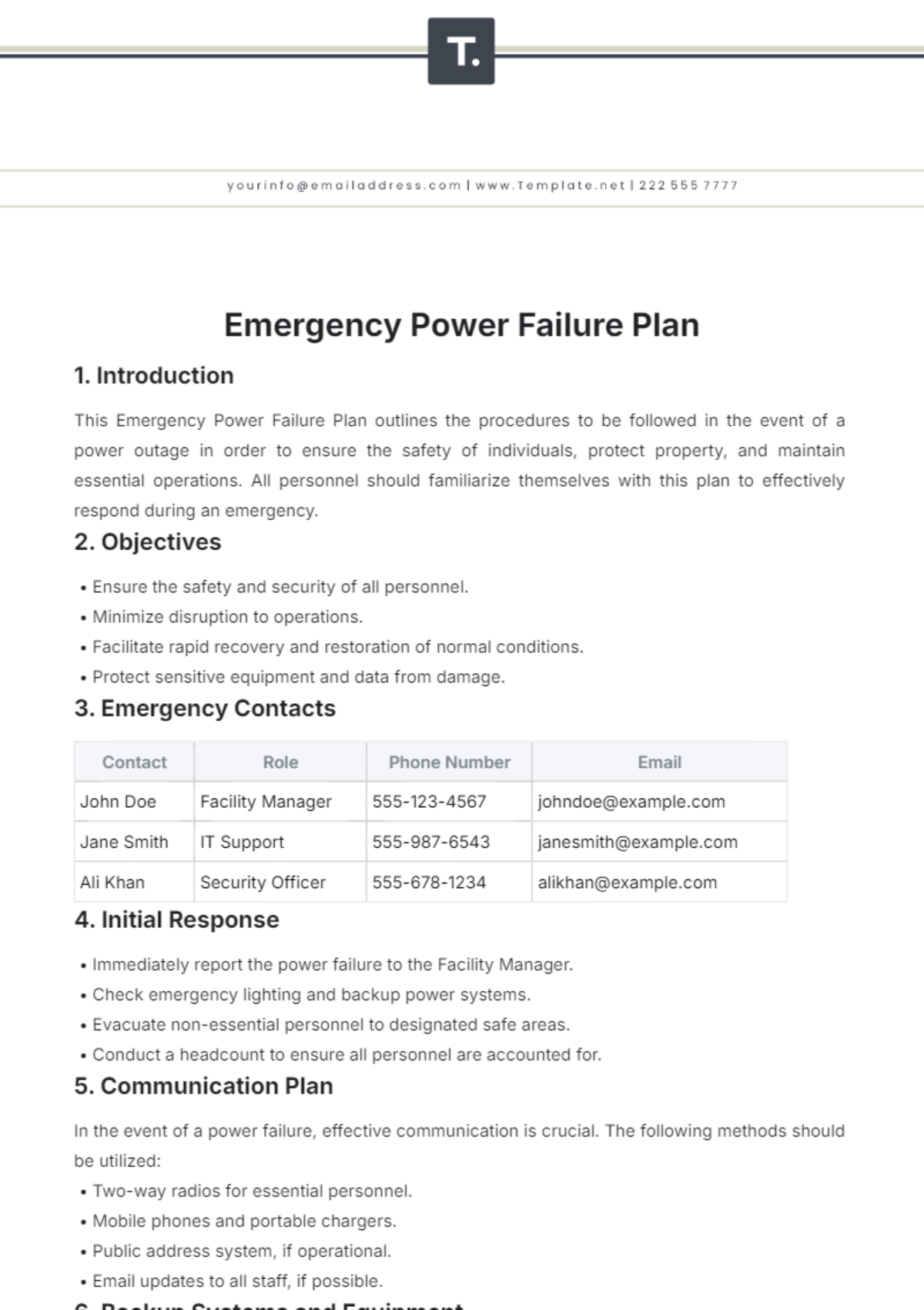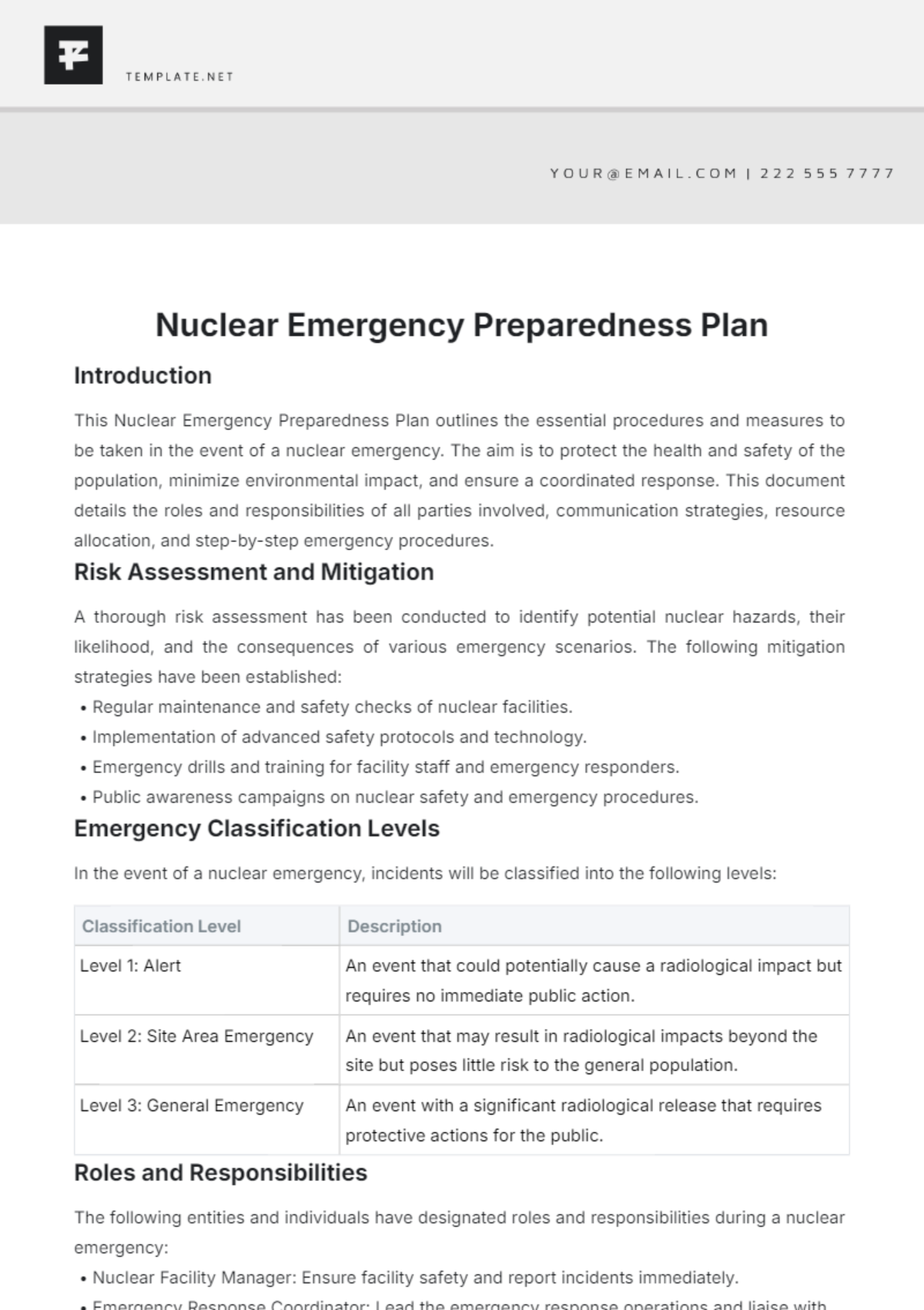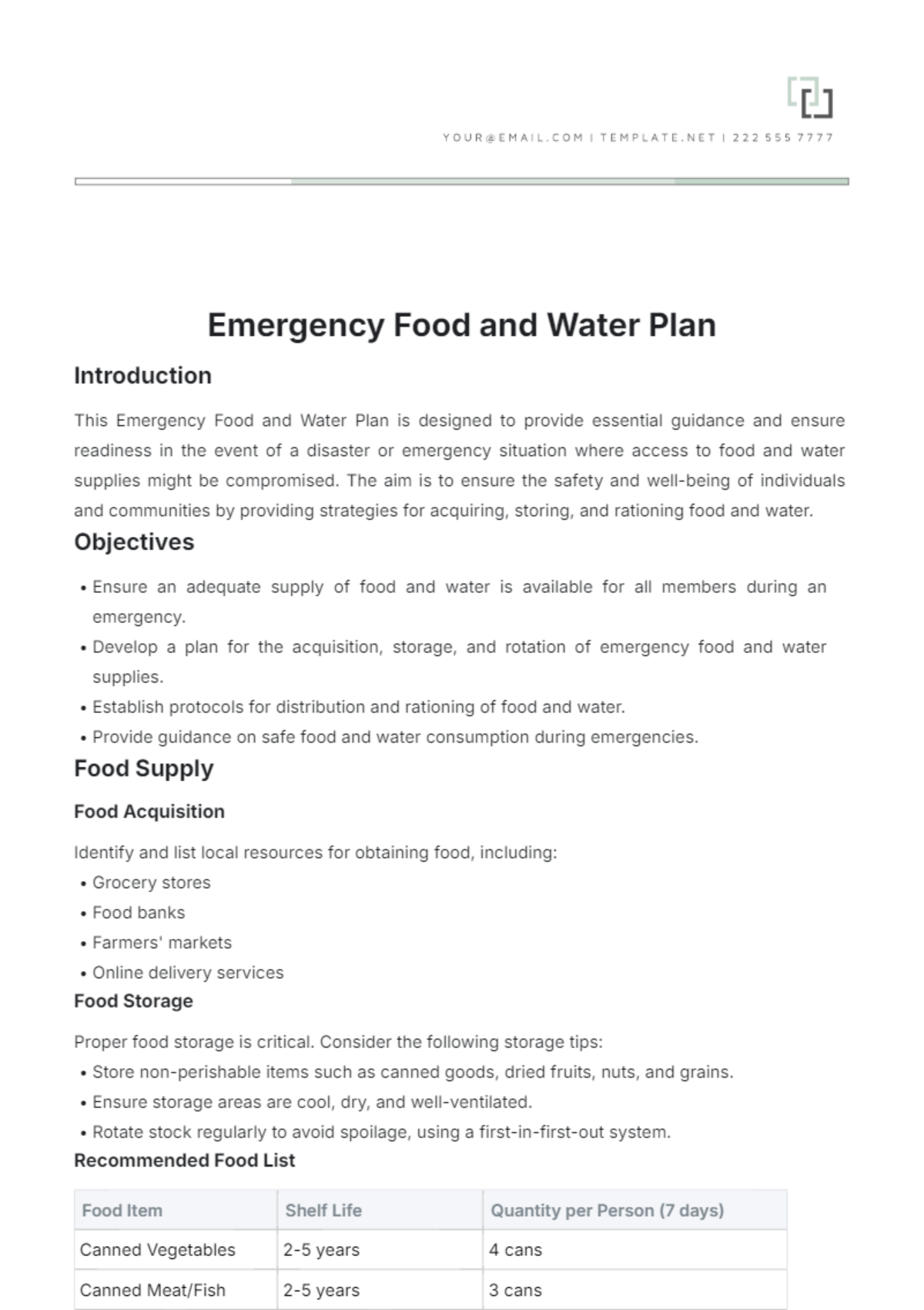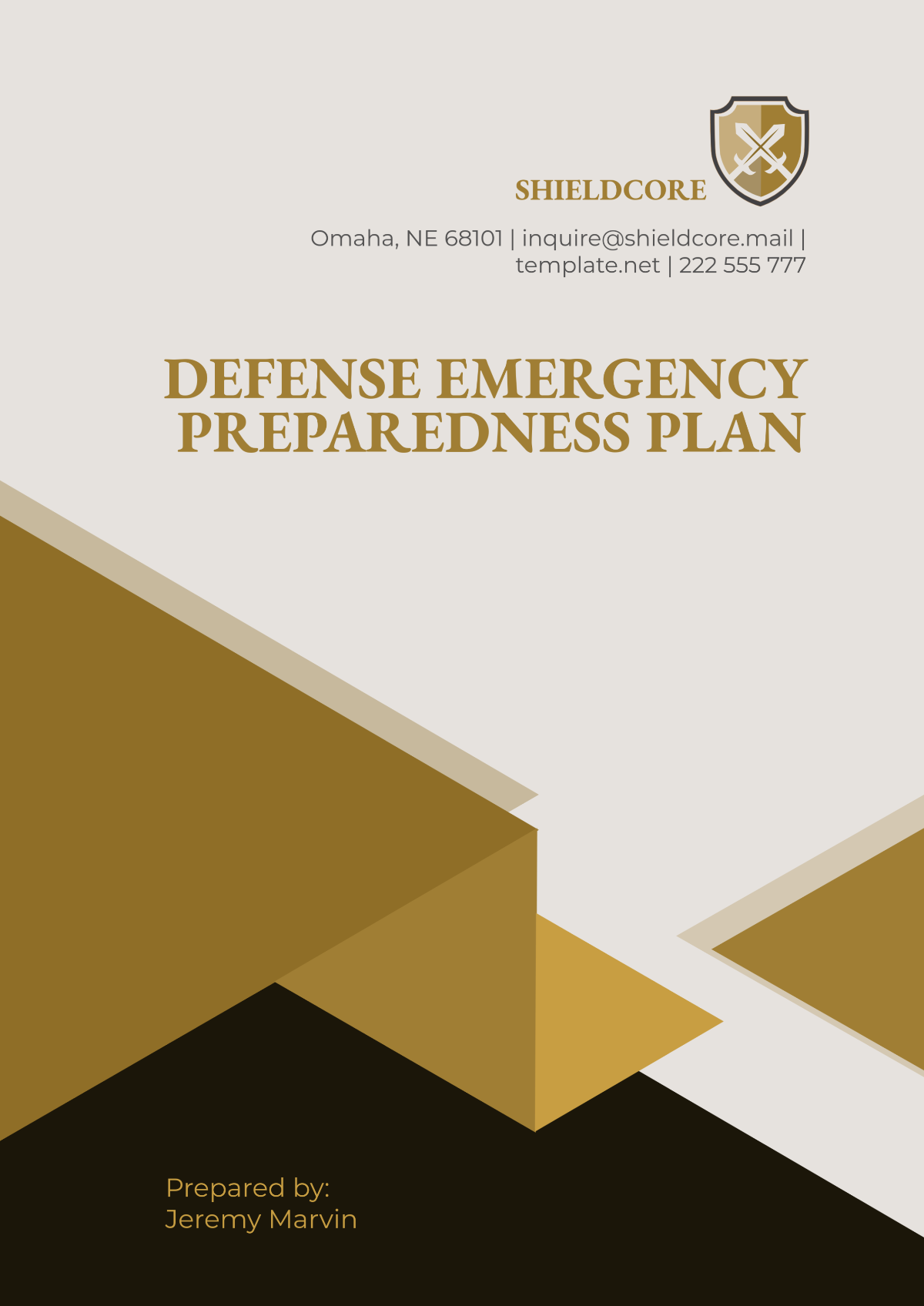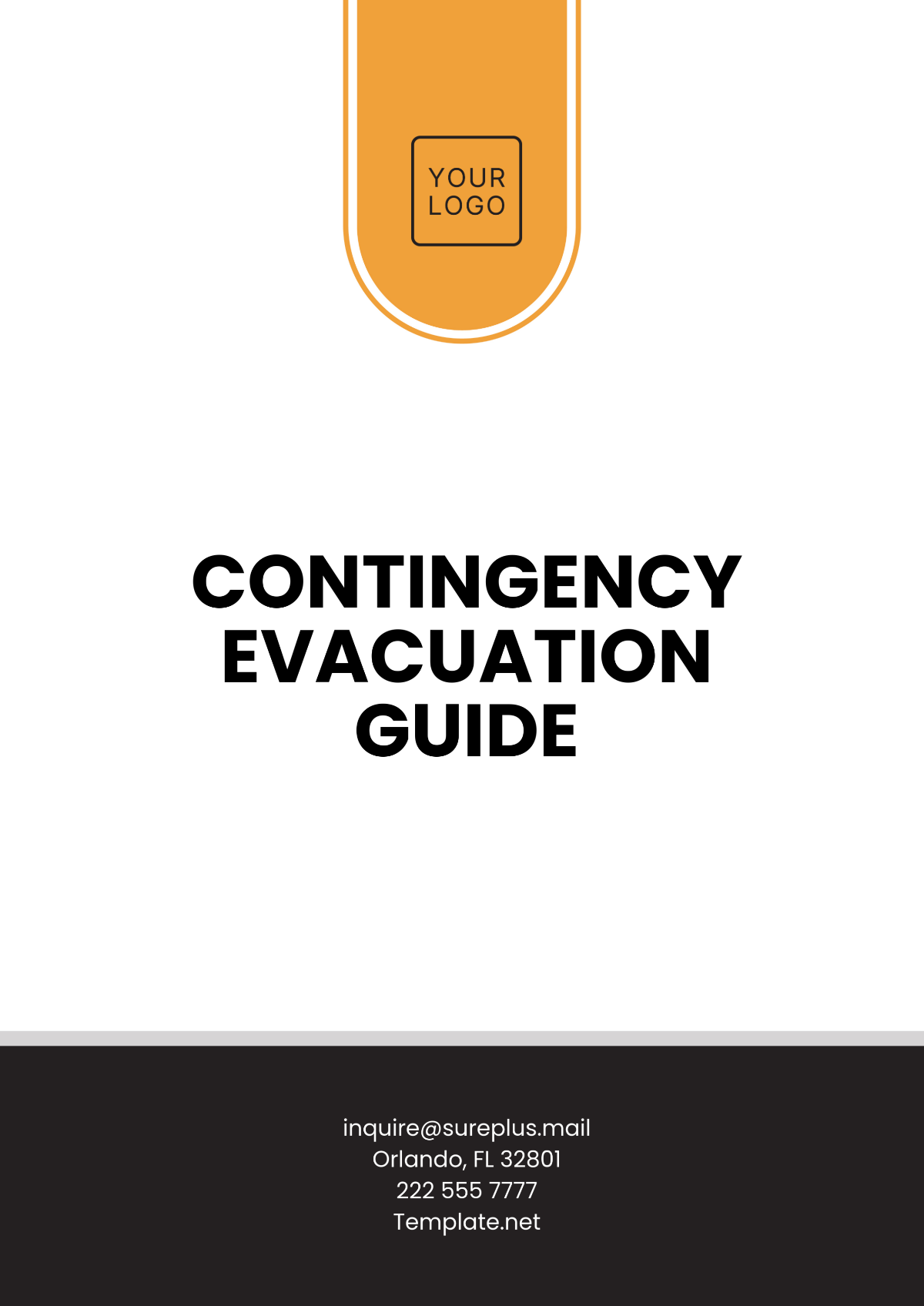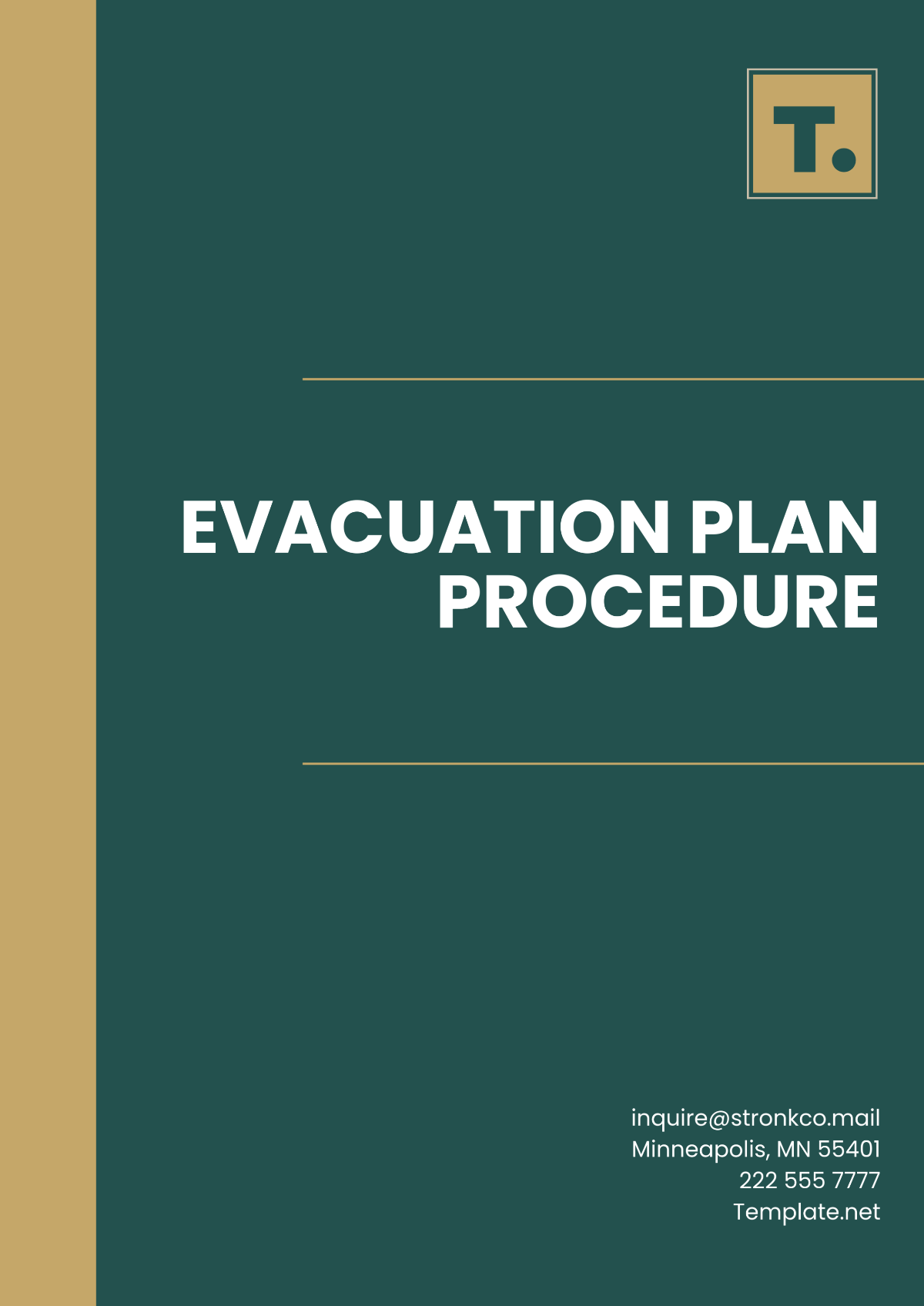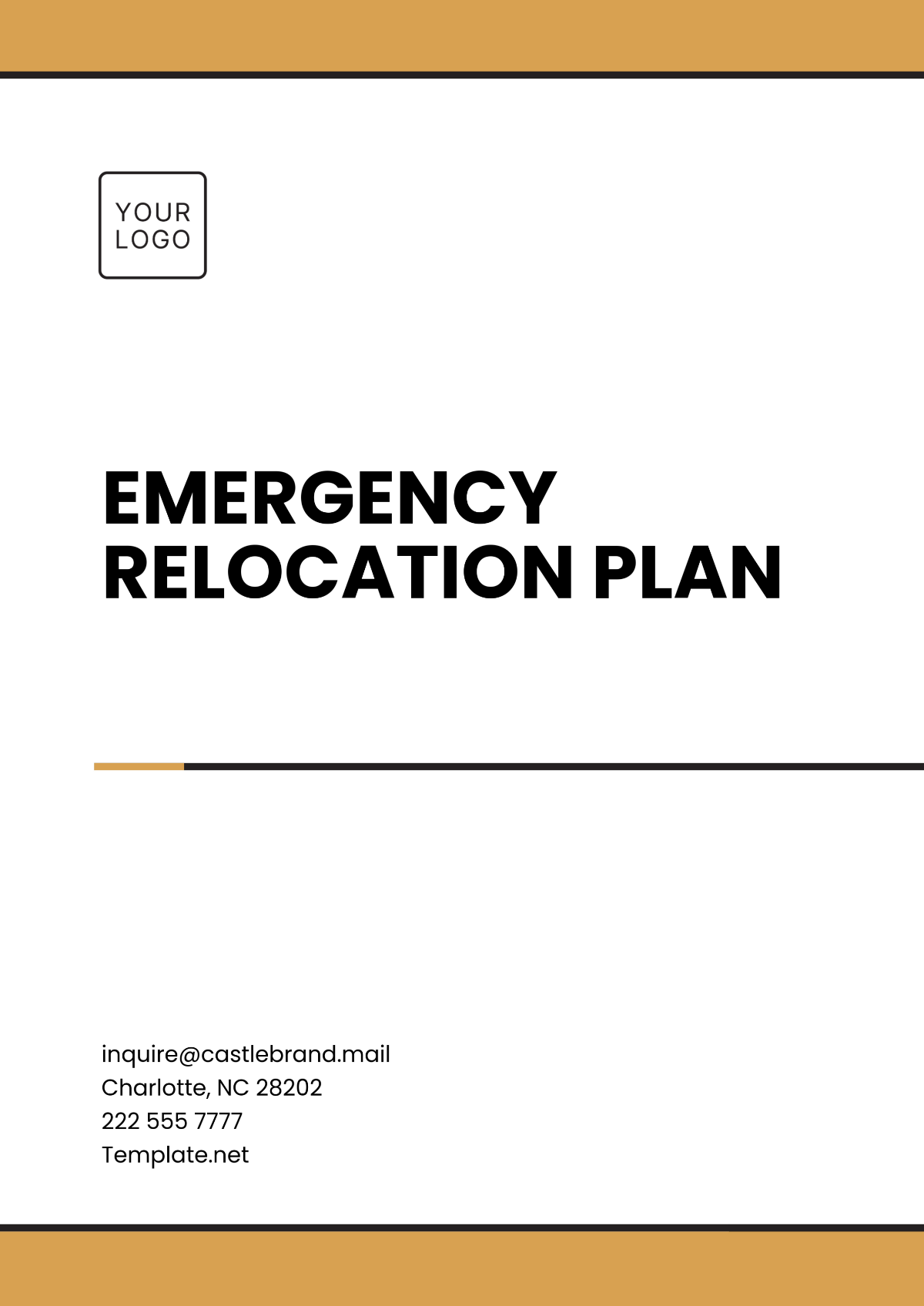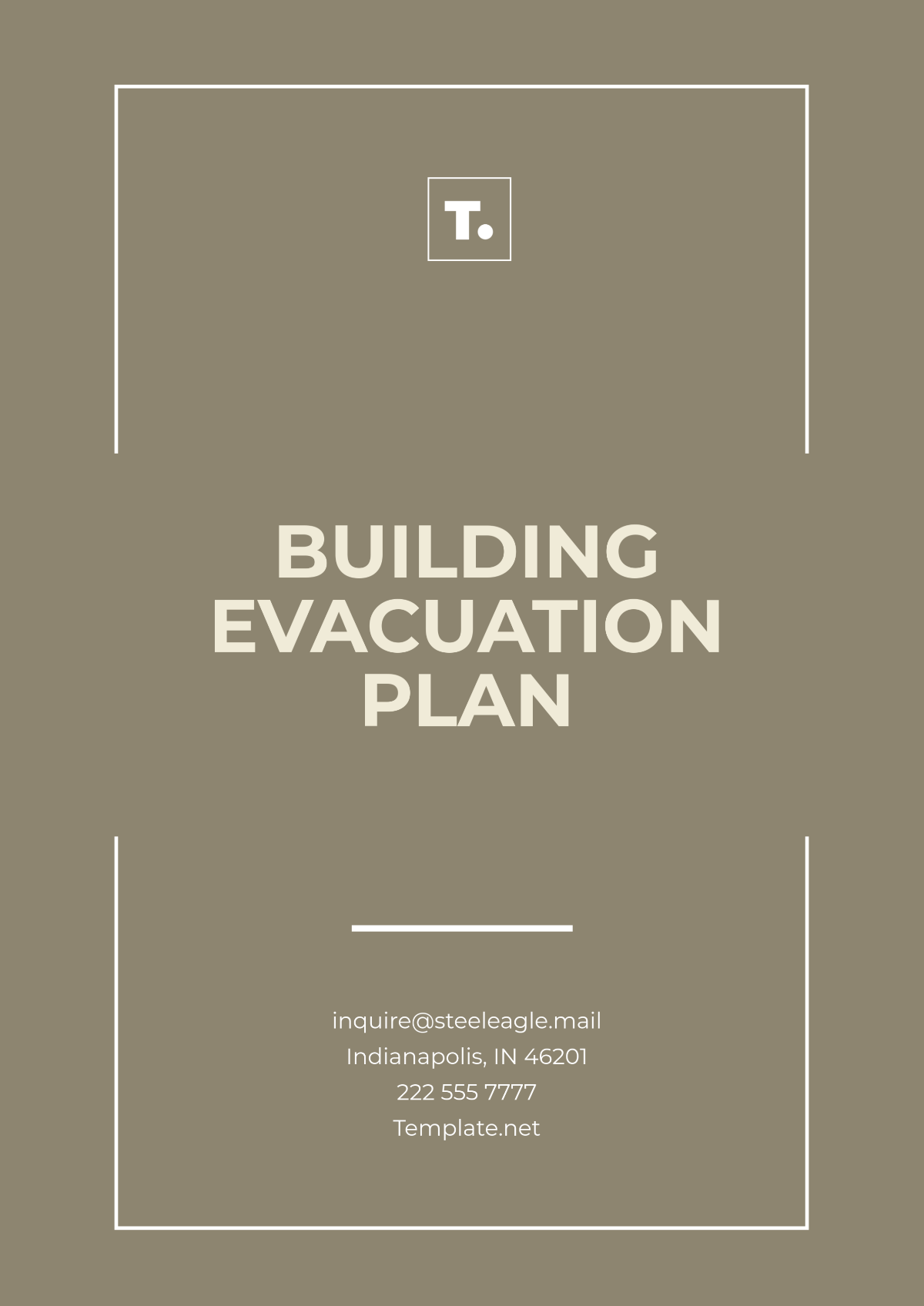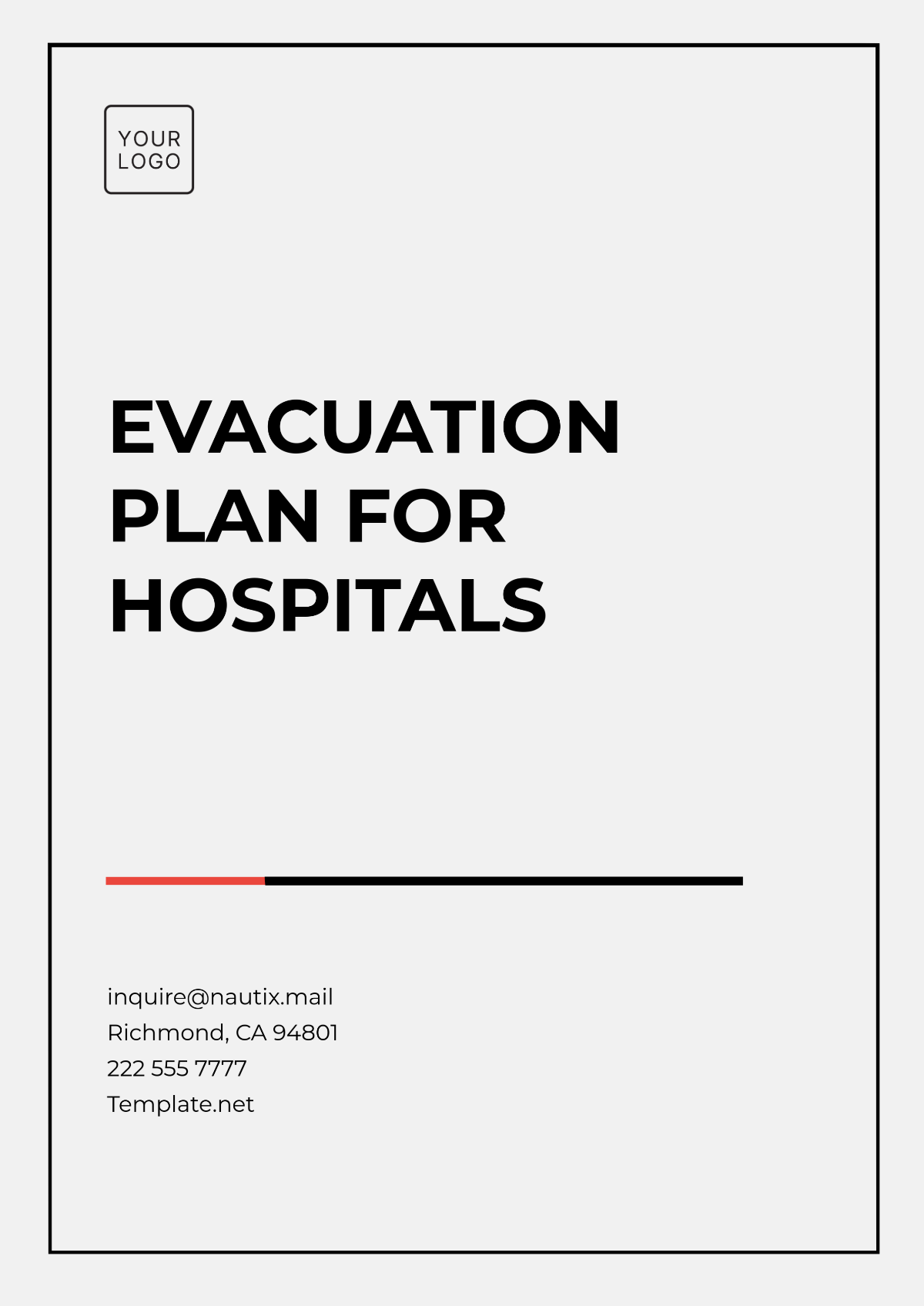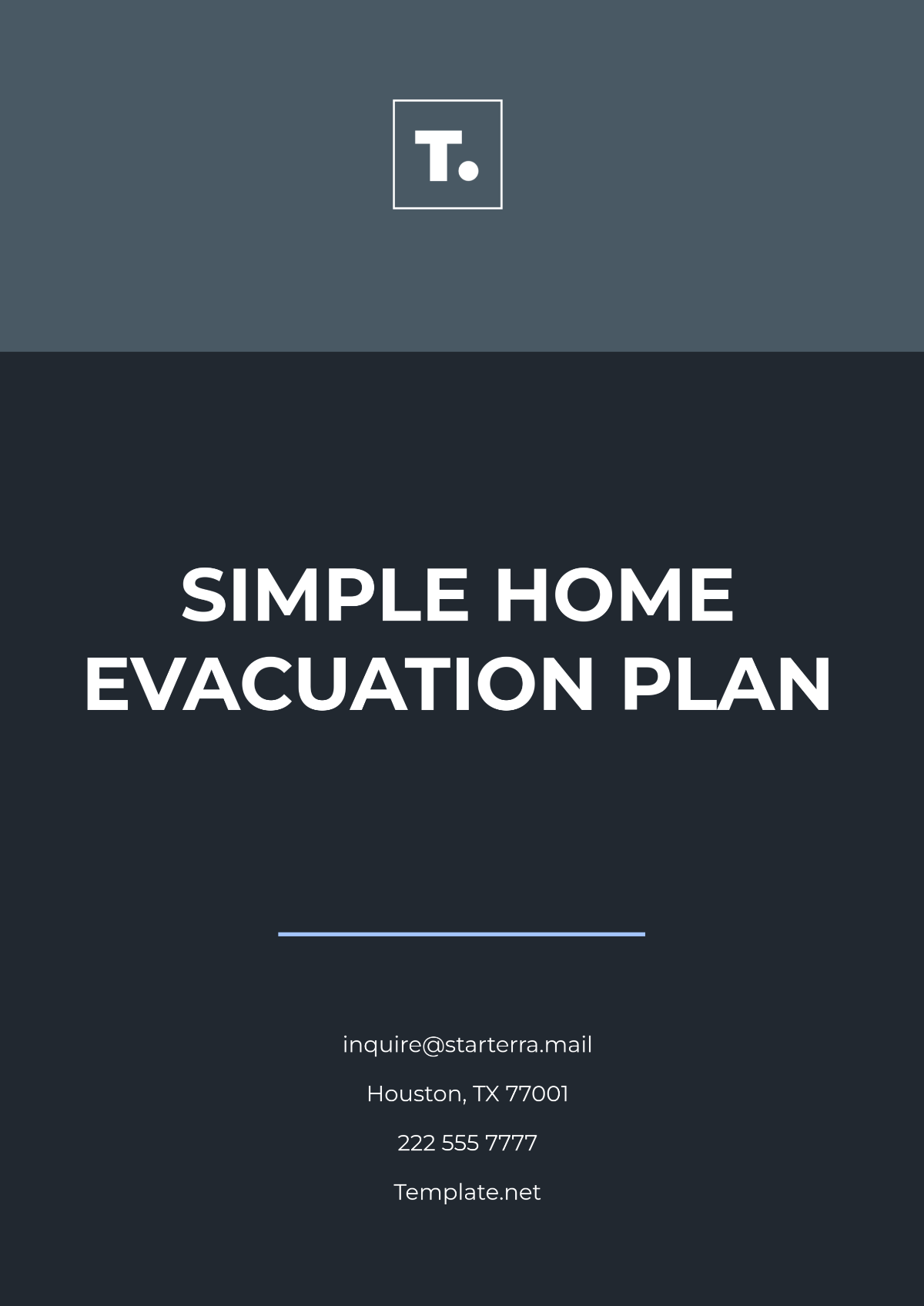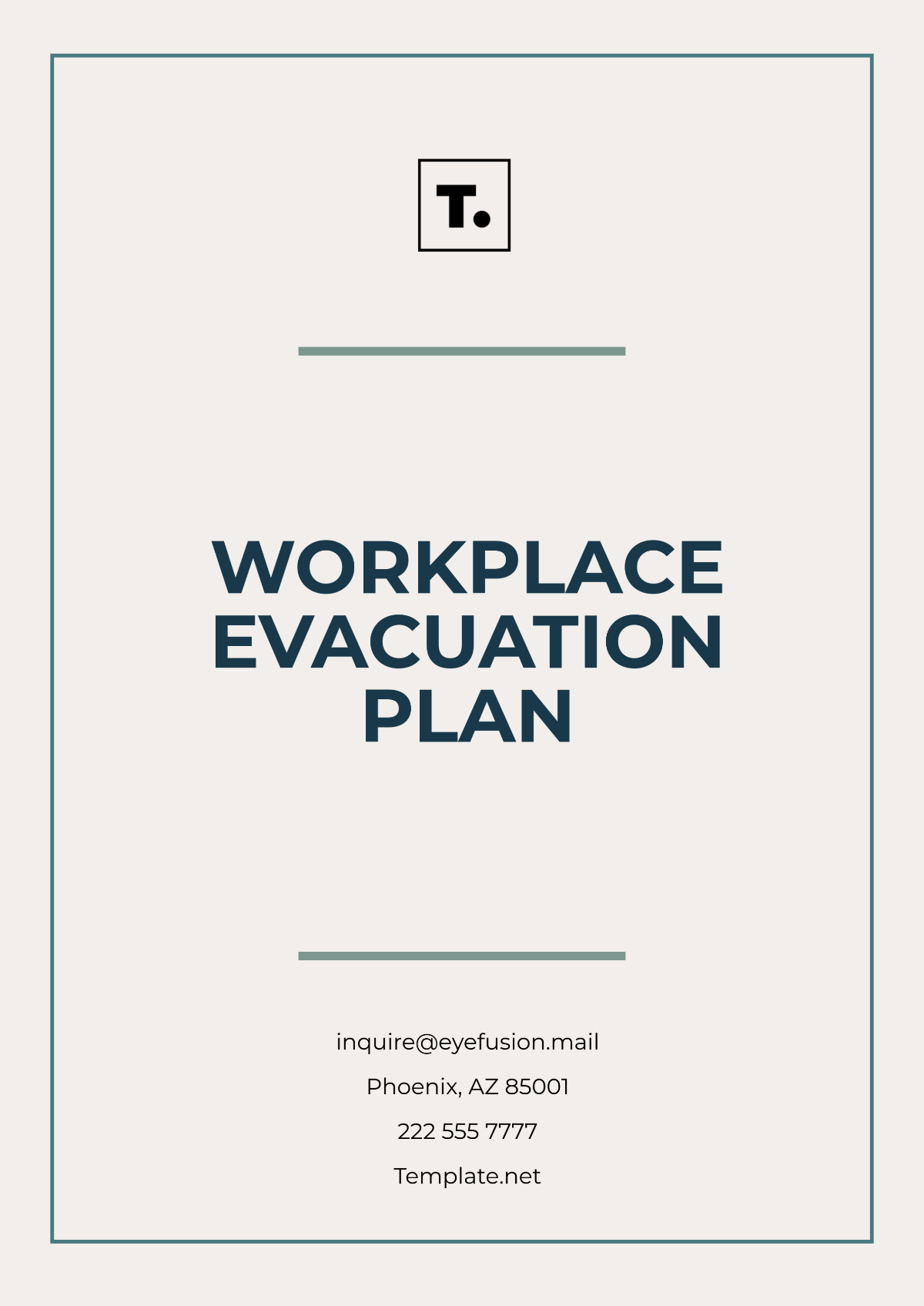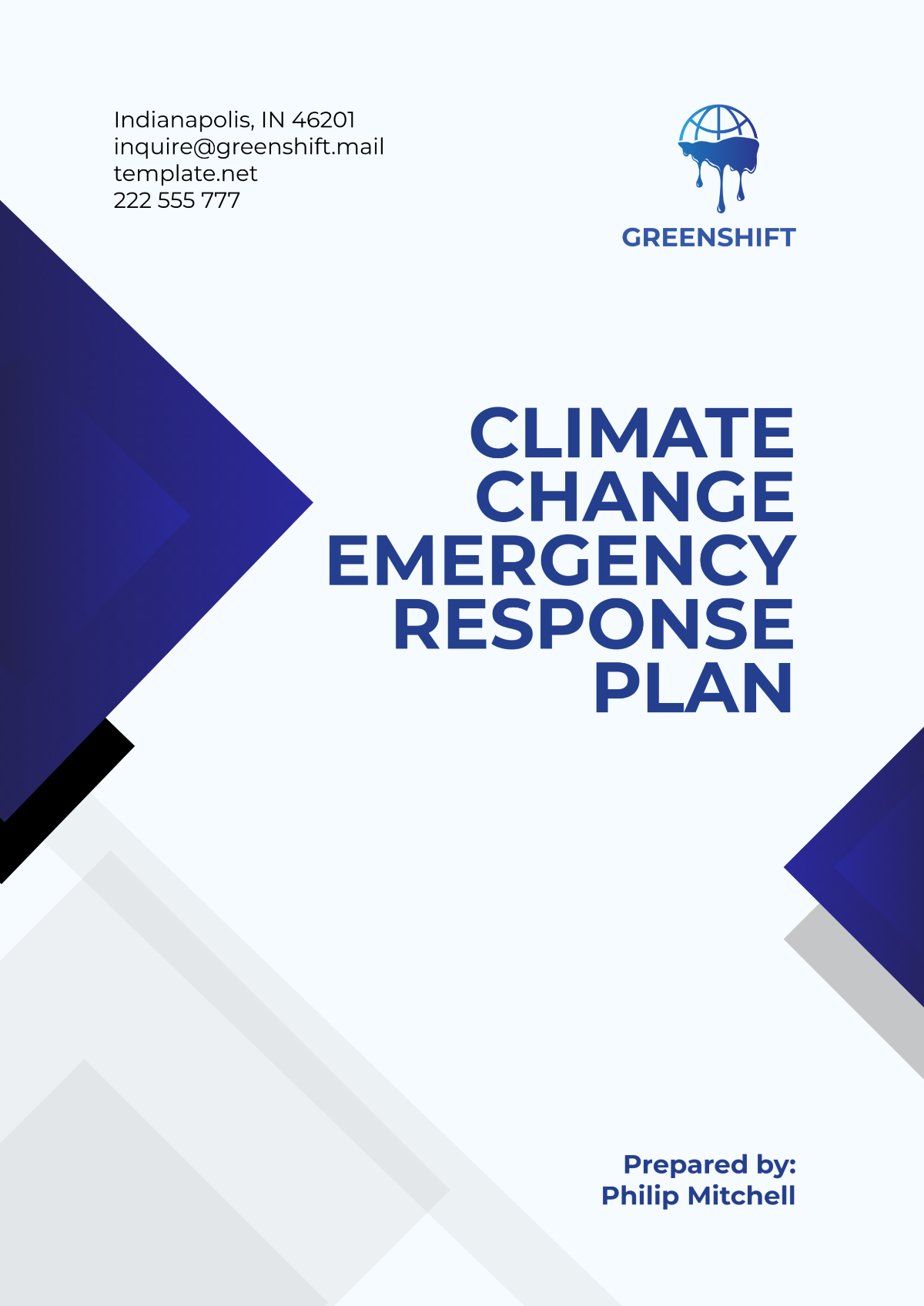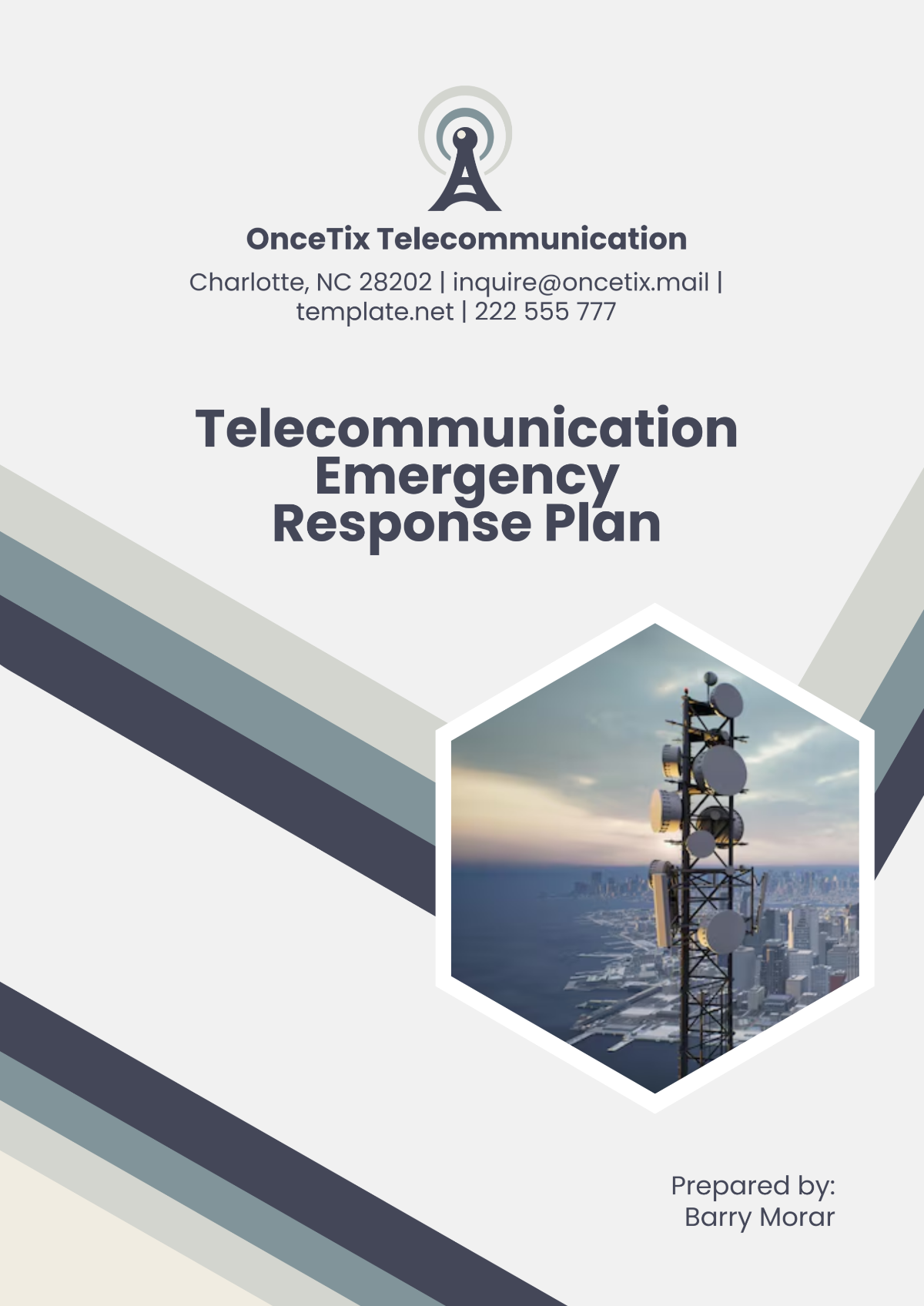Emergency Resource Allocation Emergency Plan
I. Executive Summary
[Your Company Name]'s Emergency Resource Allocation Plan establishes a systematic approach to managing and deploying resources in response to emergencies. This plan is crucial for ensuring that resources are used effectively, prioritizing areas of greatest need and impact. It includes guidelines for rapid decision-making, prioritization of resources, and coordination among various departments and external agencies, all aimed at maximizing efficiency and effectiveness in our emergency response efforts.
II. Resource Identification and Inventory
Our resource inventory encompasses a detailed list of all assets available for emergency response, including human resources, equipment, and facilities. This inventory is dynamically updated to reflect changes in resource availability and condition, ensuring readiness at all times.
III. Risk Assessment and Prioritization
We conduct thorough risk assessments to understand the potential impact of different emergency scenarios on our operations. This assessment considers factors like the likelihood of occurrence, potential severity, and the impact on critical functions and personnel. Based on this assessment, we prioritize resources to ensure that those most critical to life safety and continuity of operations are allocated first.
IV. Resource Allocation Strategies
Our allocation strategy is designed to be flexible yet decisive, allowing for quick adaptation to the specific demands of each emergency. It includes protocols for scaling resource deployment based on the severity of the situation, with predefined criteria for prioritizing different types of resources across various emergency scenarios.
V. Roles and Responsibilities
Role | Responsibilities | Name |
Emergency Response Coordinator | Oversees overall strategy and implementation of resource allocation. Coordinates among various departments. Makes critical decisions during emergencies. | [Name] |
Logistics Manager | Manages specifics of resource distribution. Ensures efficient transportation and storage of resources. Coordinates delivery to needed areas. | [Name] |
Medical Response Leader | Oversees allocation of medical resources. Coordinates with healthcare personnel. Ensures medical supplies are adequately stocked and distributed. | [Name] |
IT Support Coordinator | Manages allocation of IT resources and support. Ensures communication systems are functional. Coordinates technical support during emergencies. | [Name] |
Facilities Manager | Oversees the use of physical facilities as resources. Coordinates shelter and space allocation. Manages facility-related logistics in emergencies. | [Name] |
Human Resources Representative | Coordinates staffing and volunteer resources. Manages deployment of human resources. Addresses personnel needs and well-being during emergencies. | [Name] |
VI. Communication and Coordination Mechanisms
The plan establishes robust communication and coordination mechanisms to facilitate effective resource distribution. This includes a centralized communication hub for coordinating with internal and external stakeholders, ensuring that all parties are informed and aligned in their response efforts.
VII. Logistics and Distribution Plans
Detailed logistics and distribution plans are in place, covering aspects such as transportation routes, storage management, and distribution points. These plans are designed to ensure that resources are delivered quickly and efficiently to where they are needed most during an emergency.
VIII. Monitoring and Evaluation
Continuous monitoring and evaluation mechanisms are integral to our plan, allowing for real-time assessment of resource allocation effectiveness. Post-emergency evaluations are conducted to gather insights and identify areas for improvement in our resource management strategies.
IX. Plan Review and Updates
The Emergency Resource Allocation Plan is regularly reviewed and updated to incorporate new resources, changes in operational requirements, and lessons learned from previous emergencies. This ensures that the plan remains current, relevant, and effective in meeting the evolving needs of our emergency response efforts.
Prepared by:
[Your Name]
[Your Job Title]
[Date]
